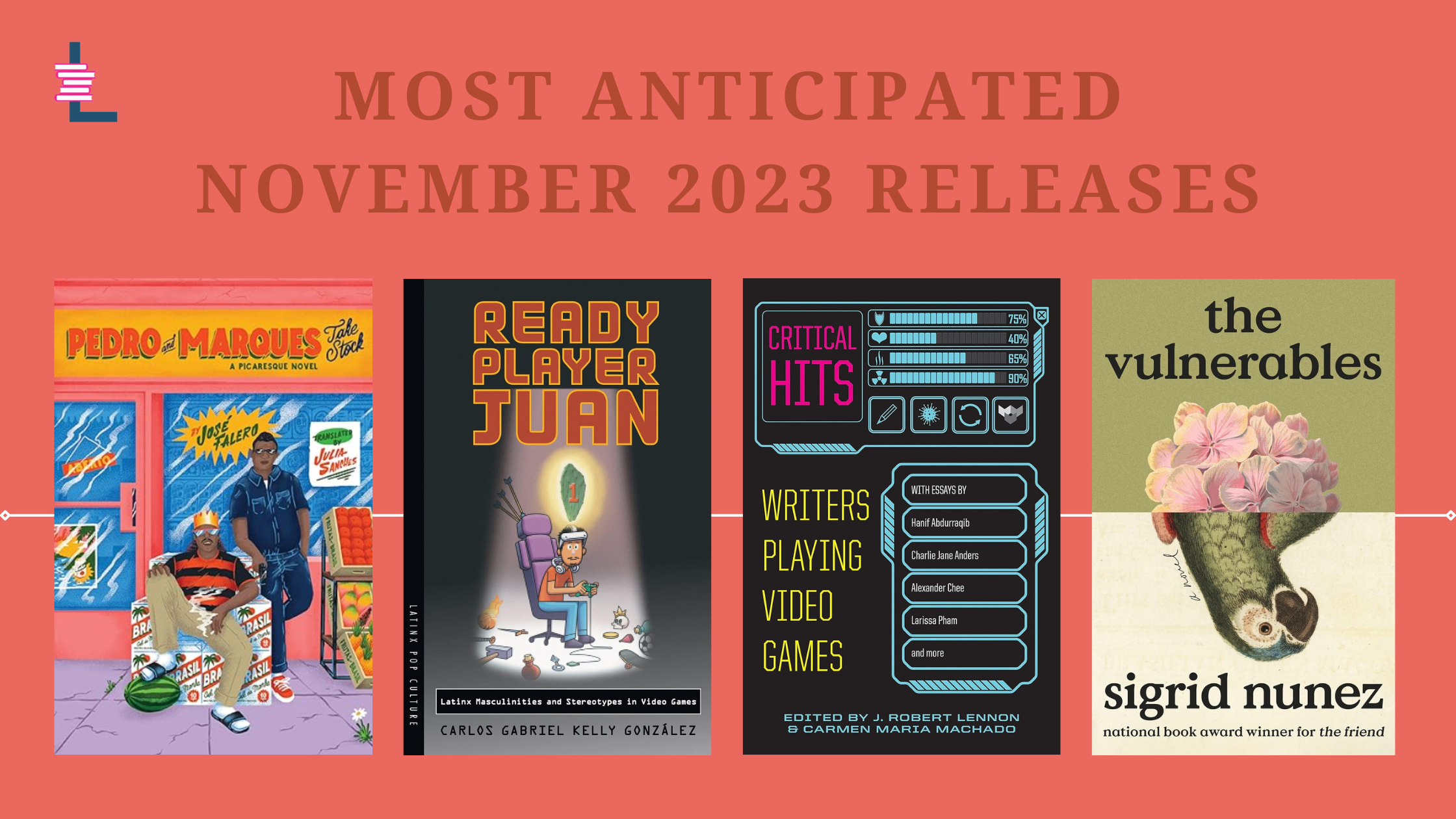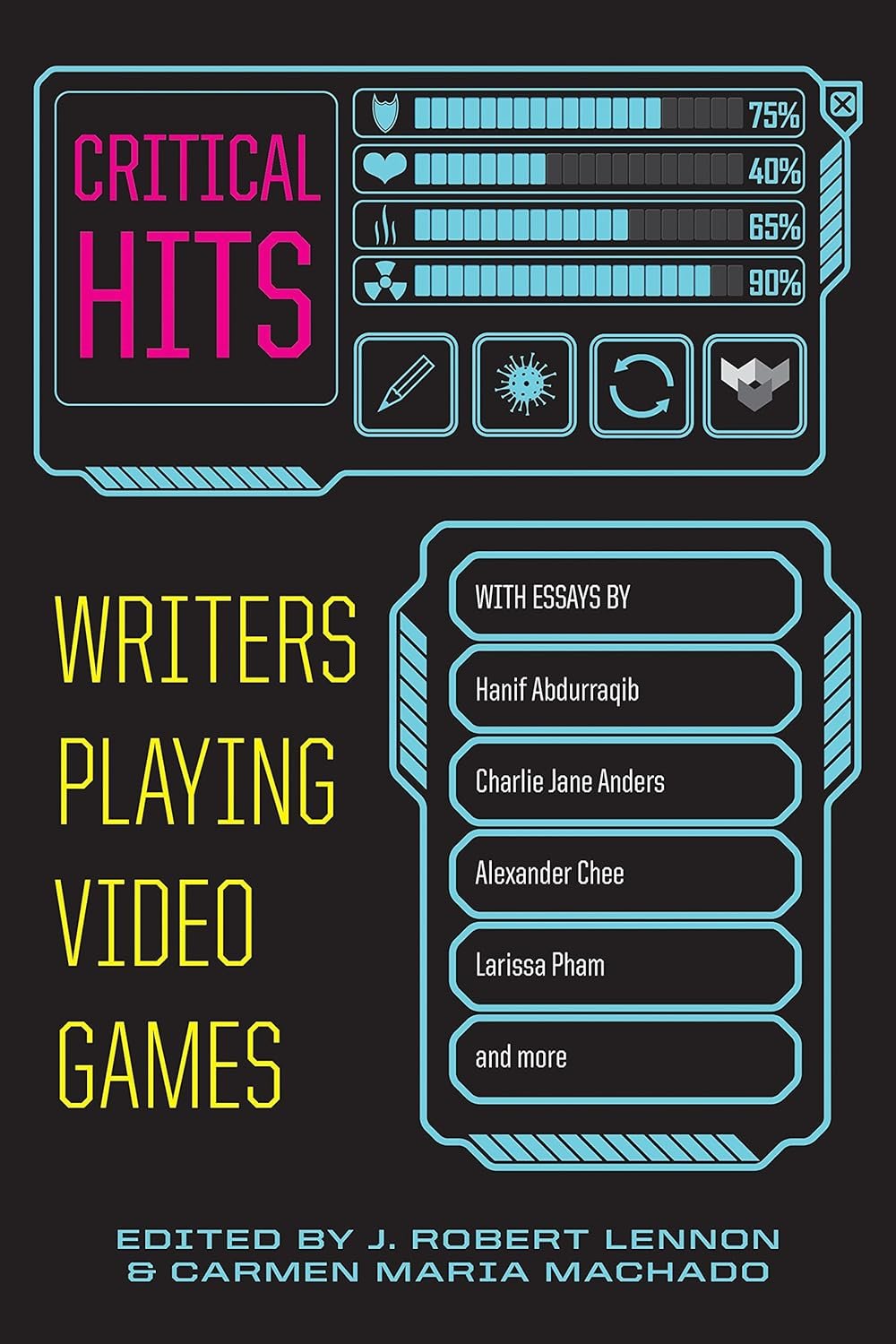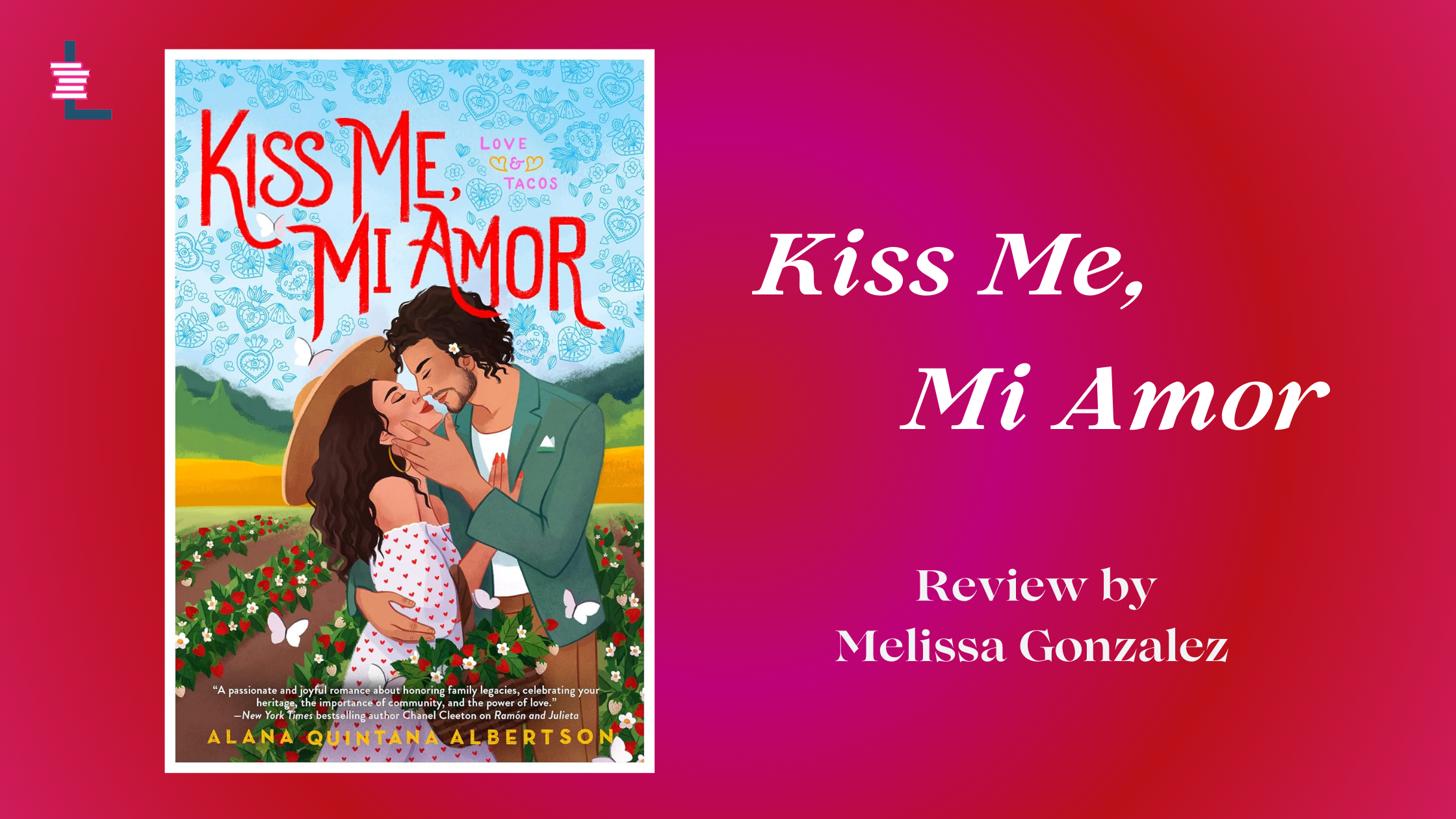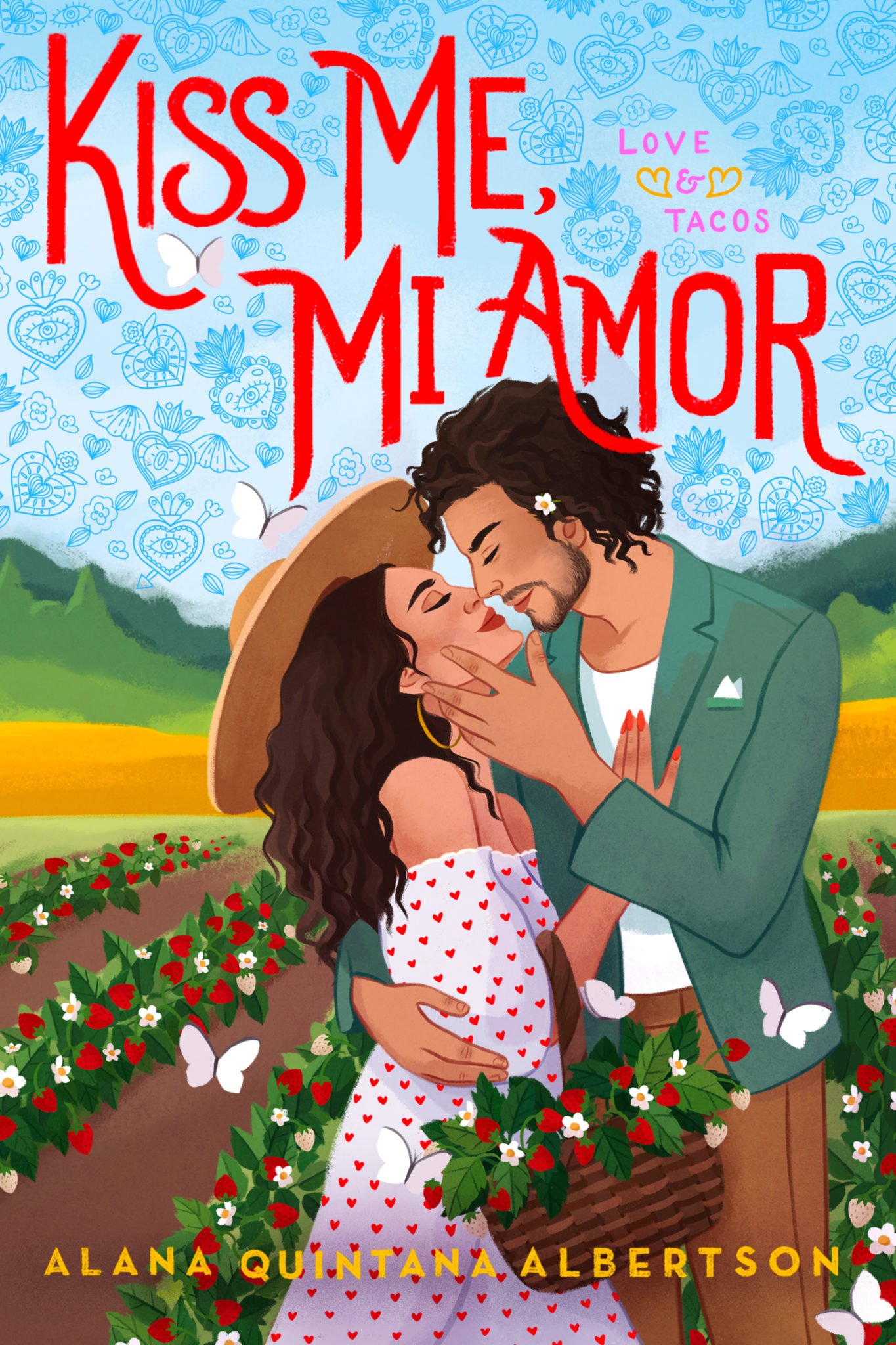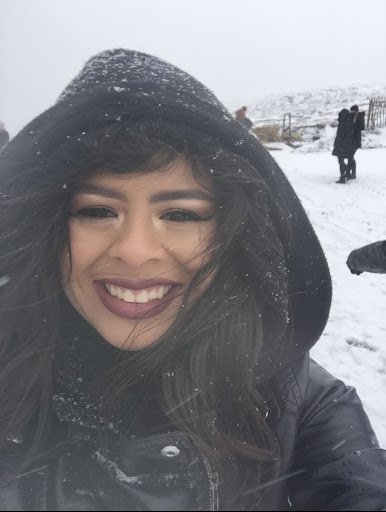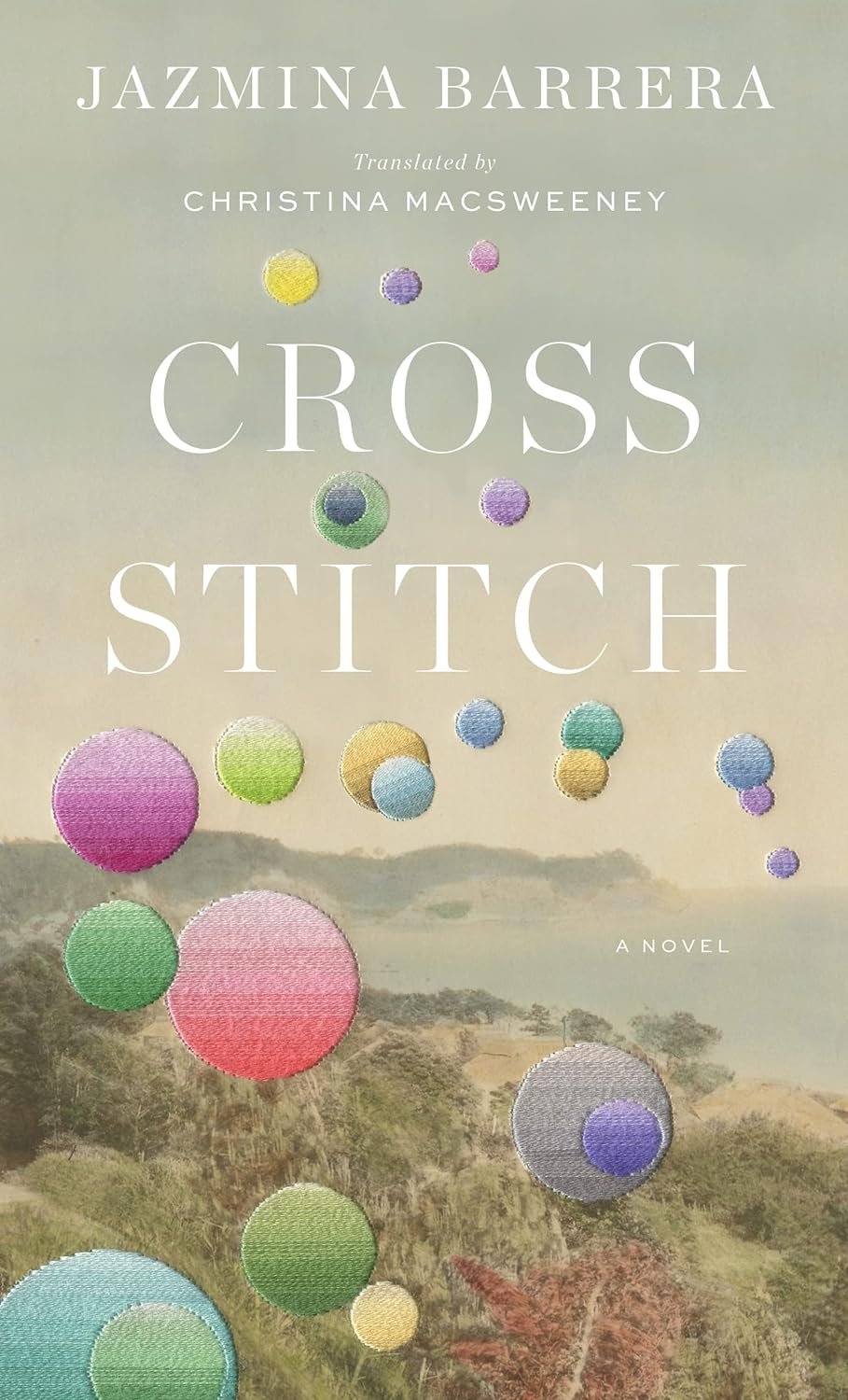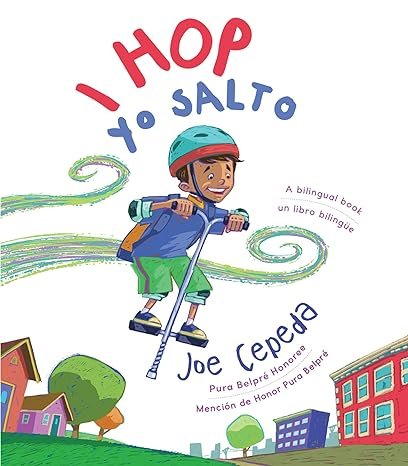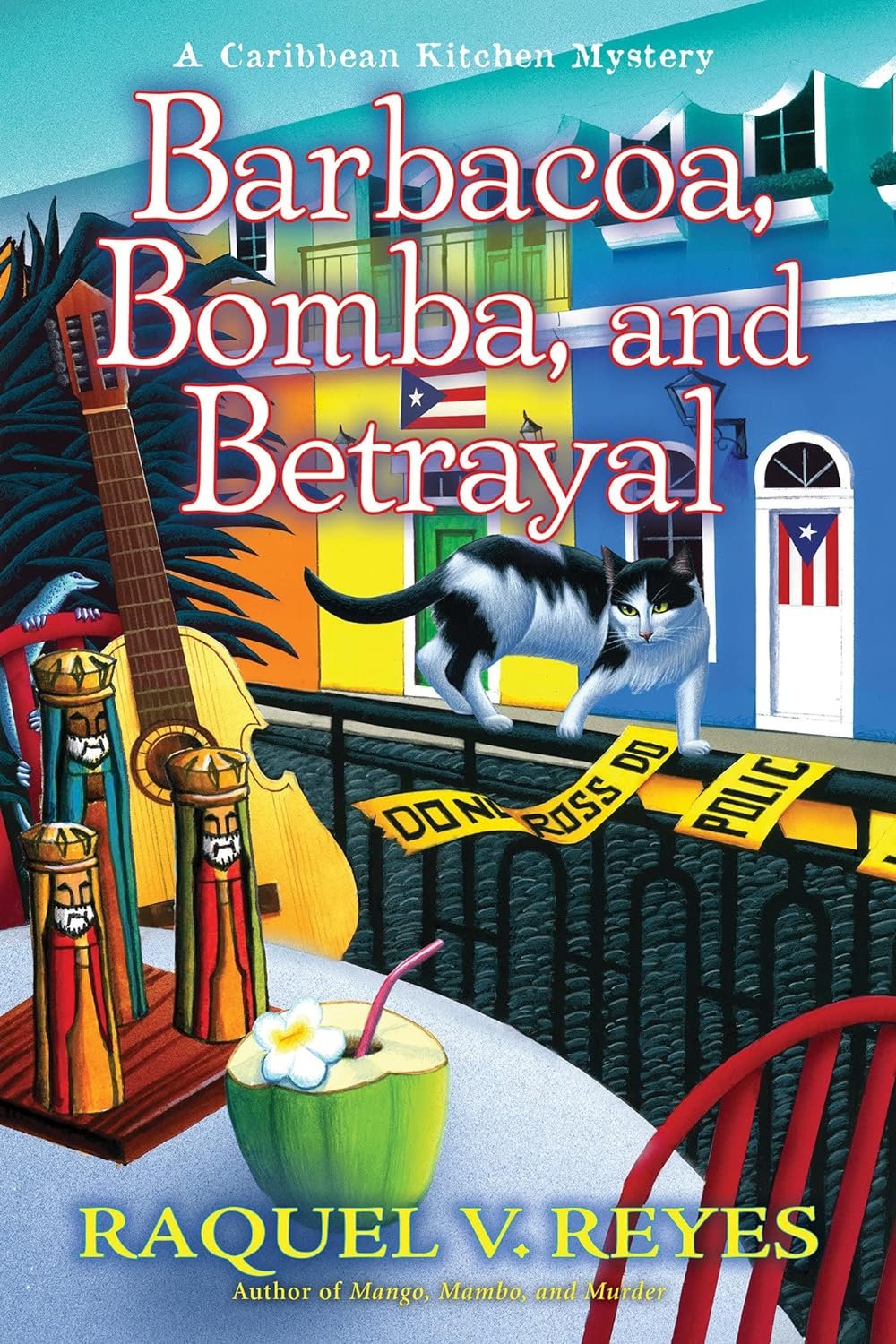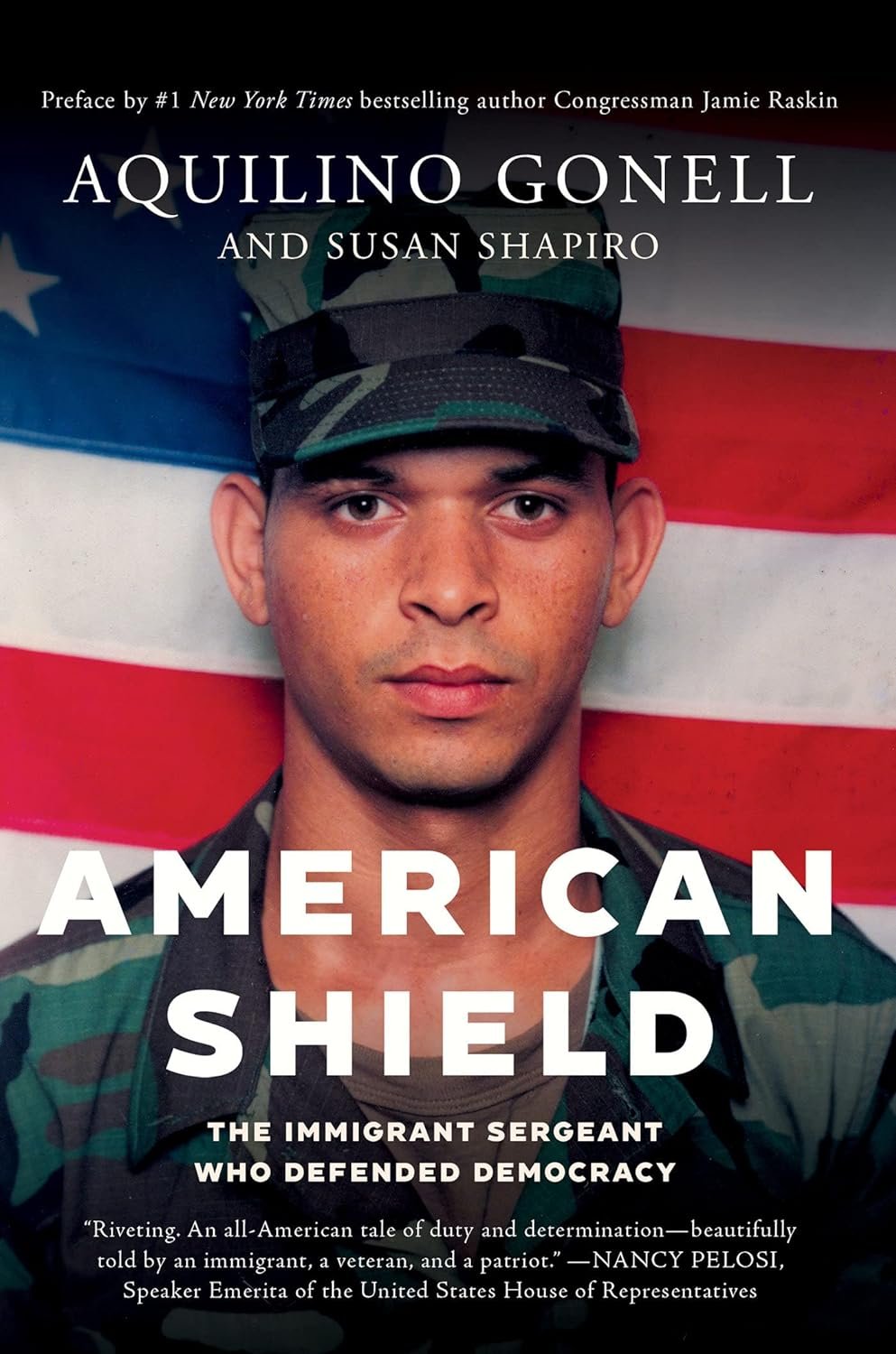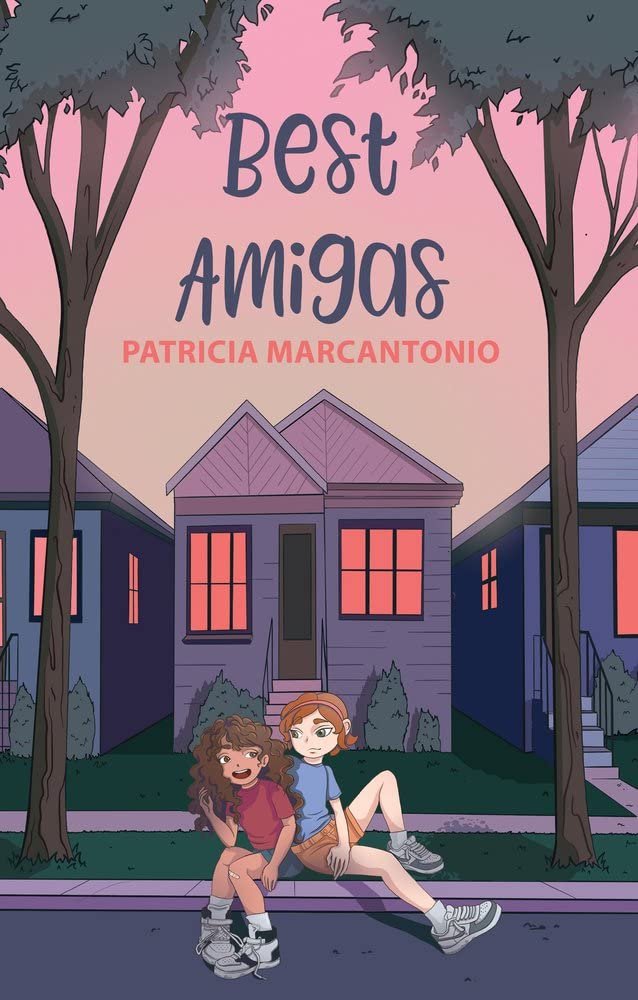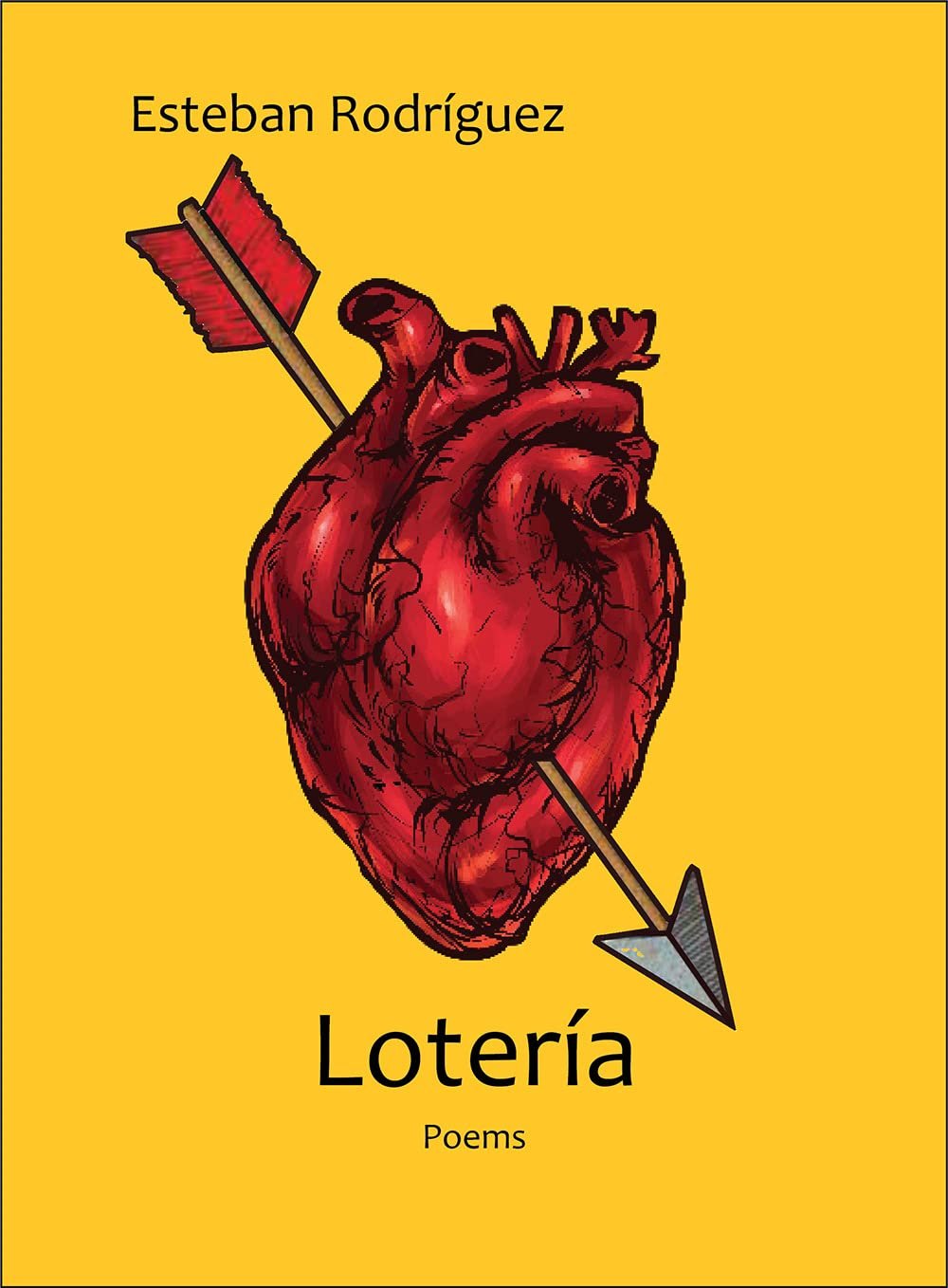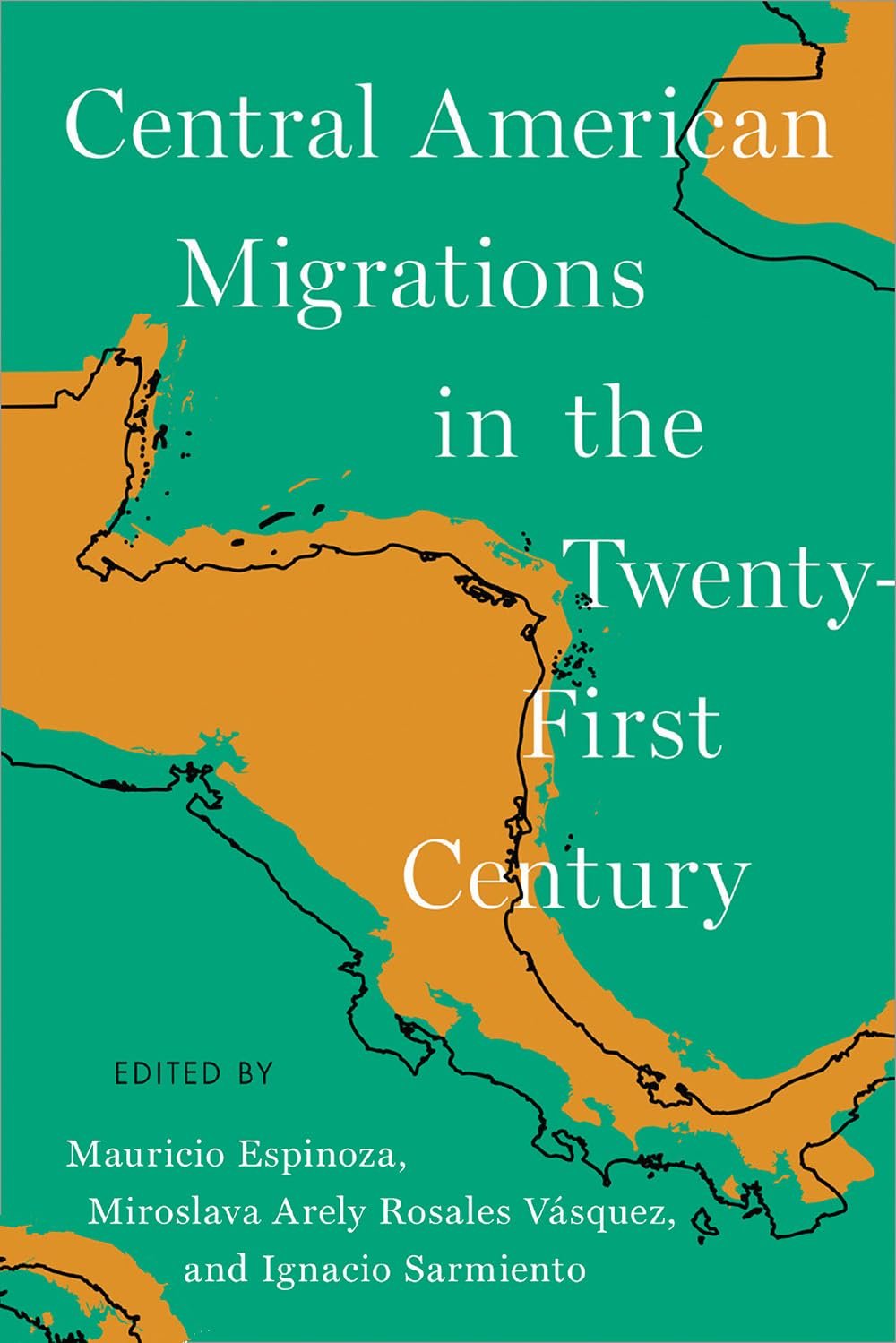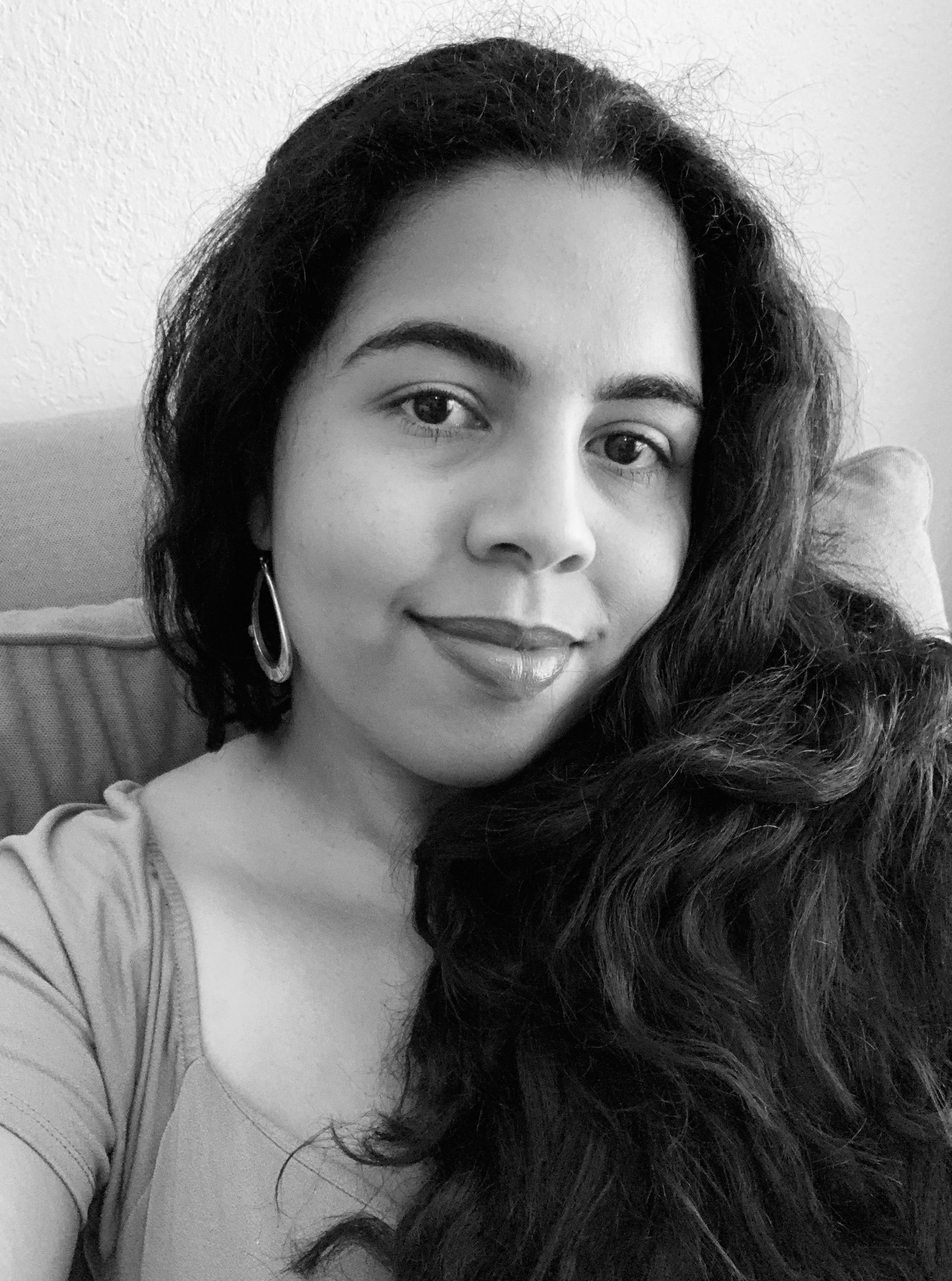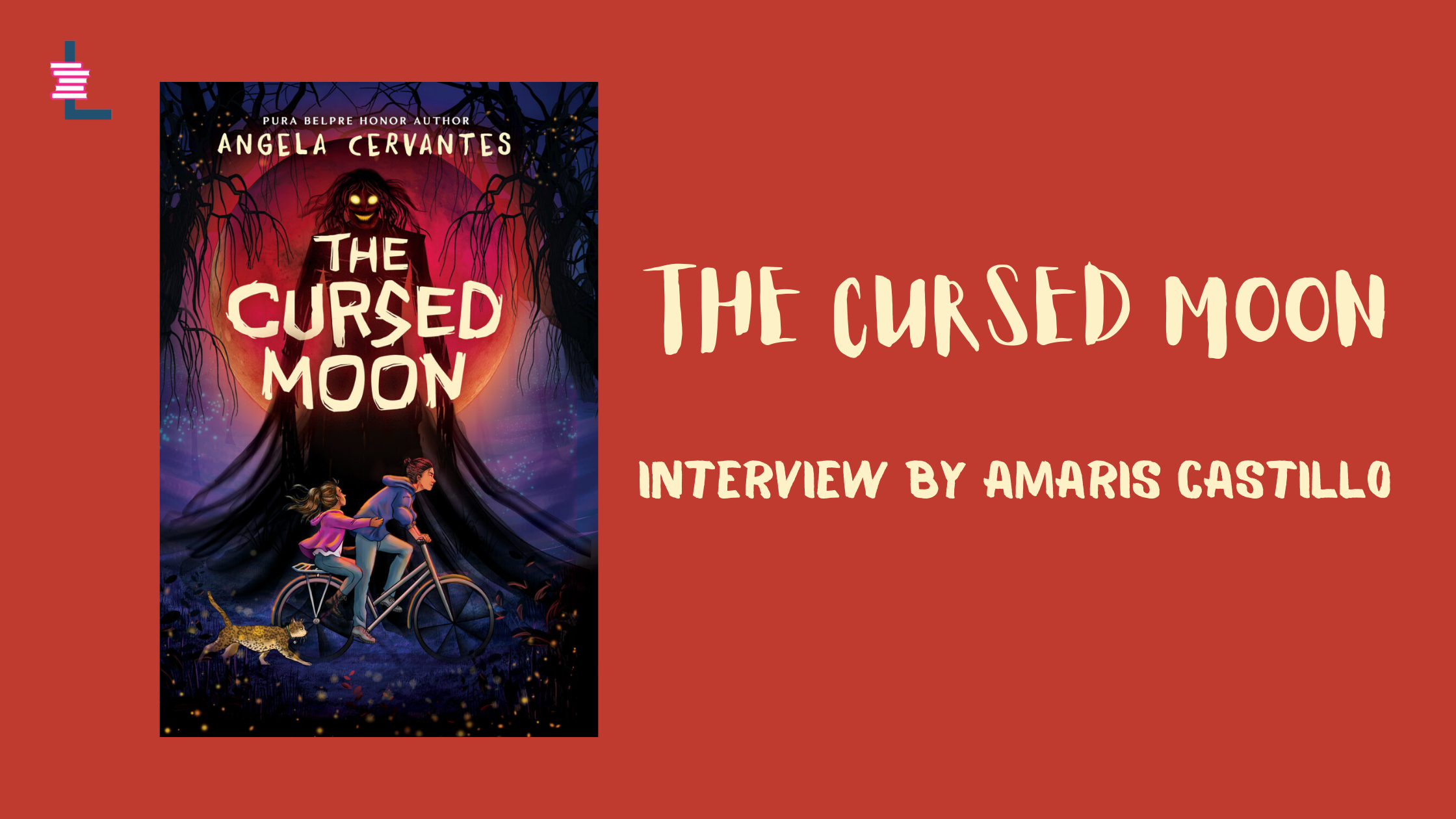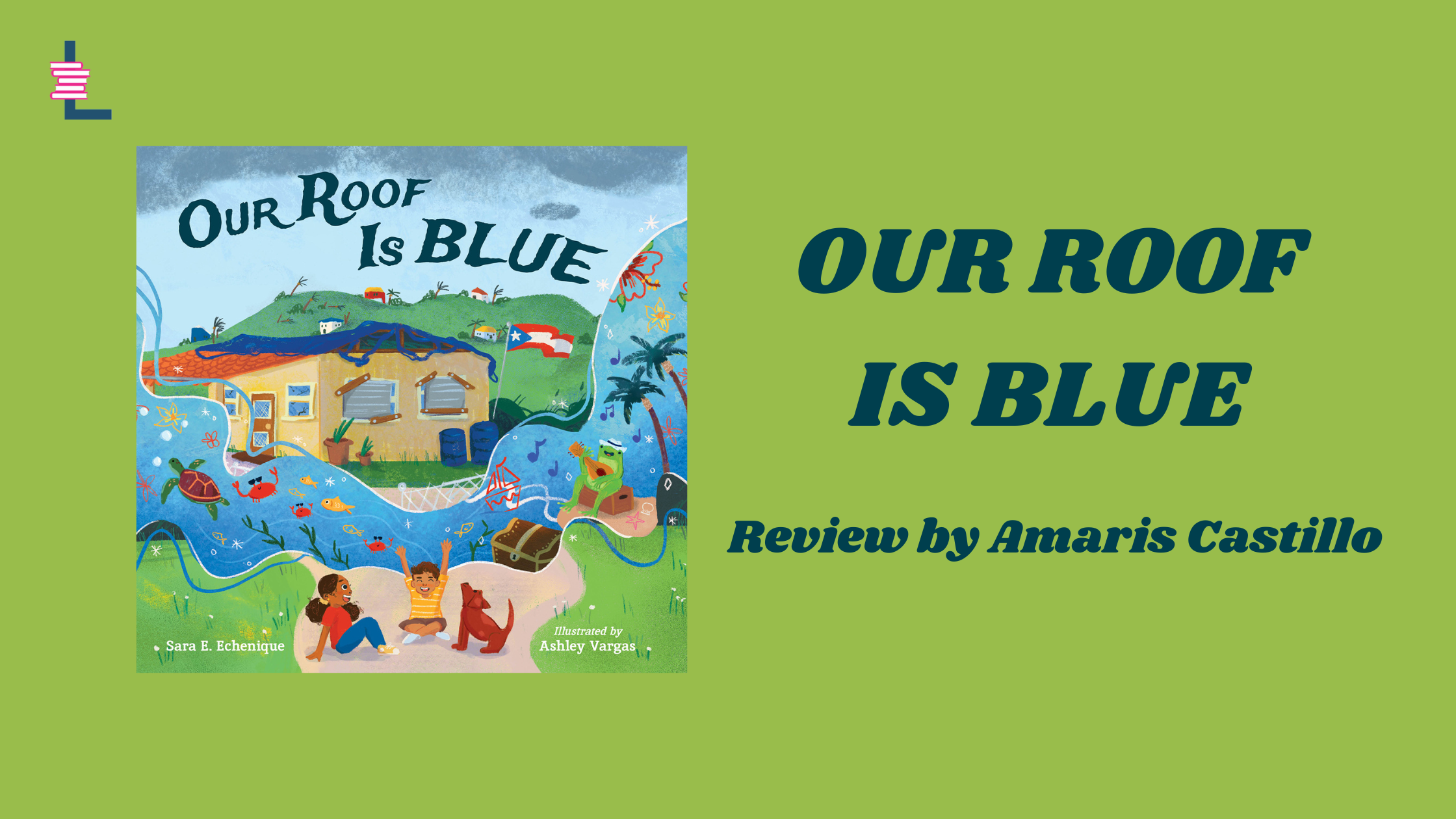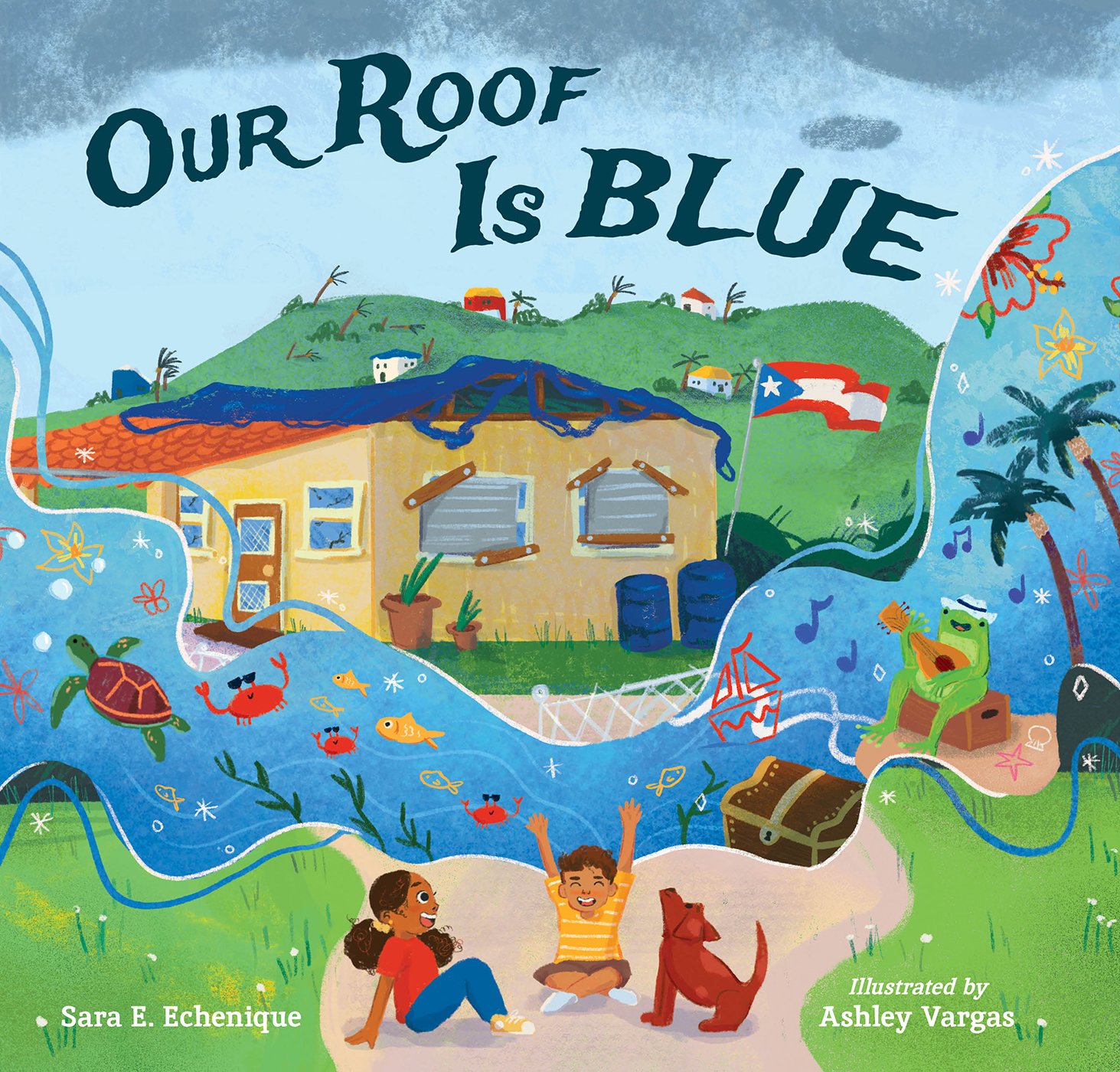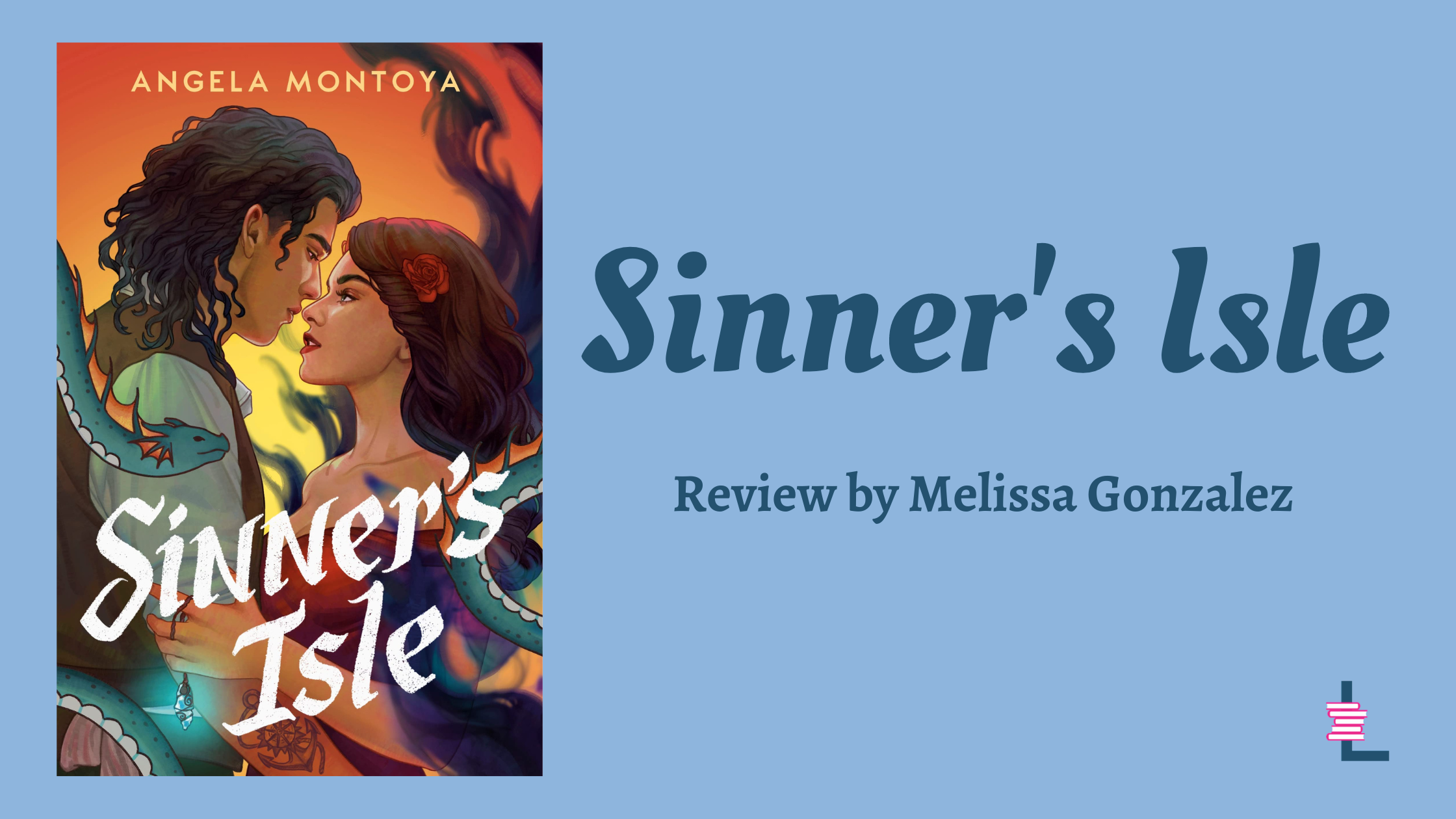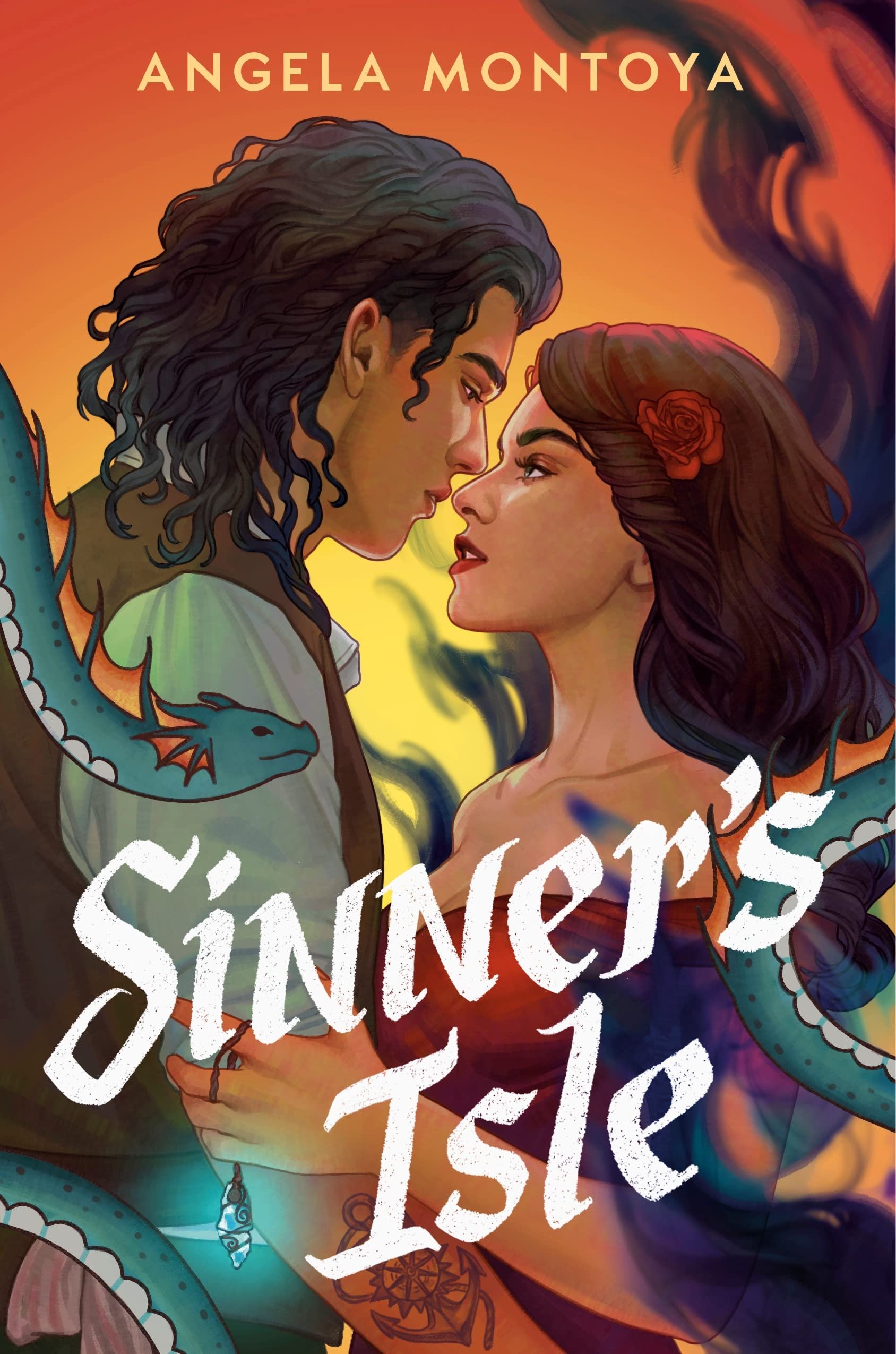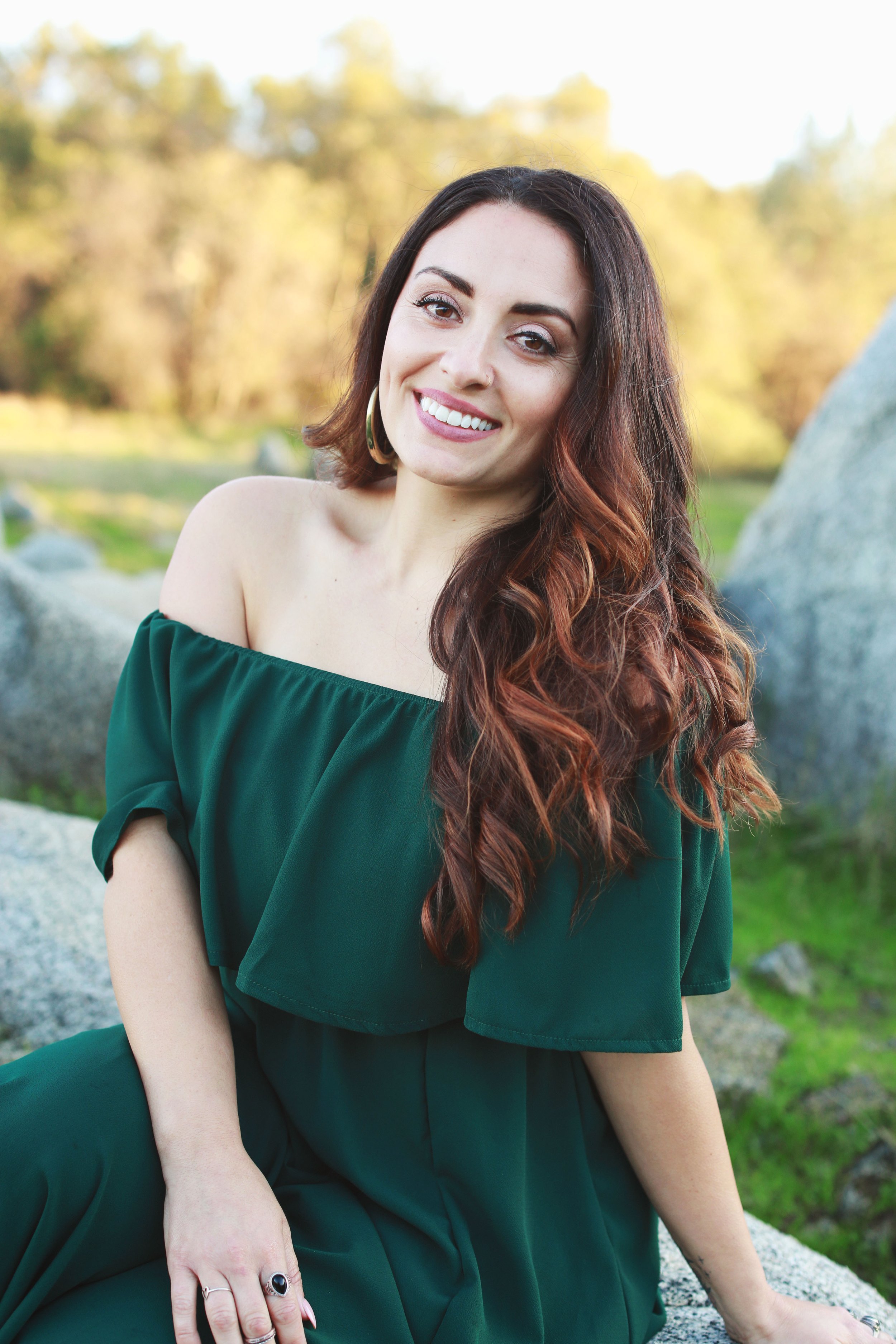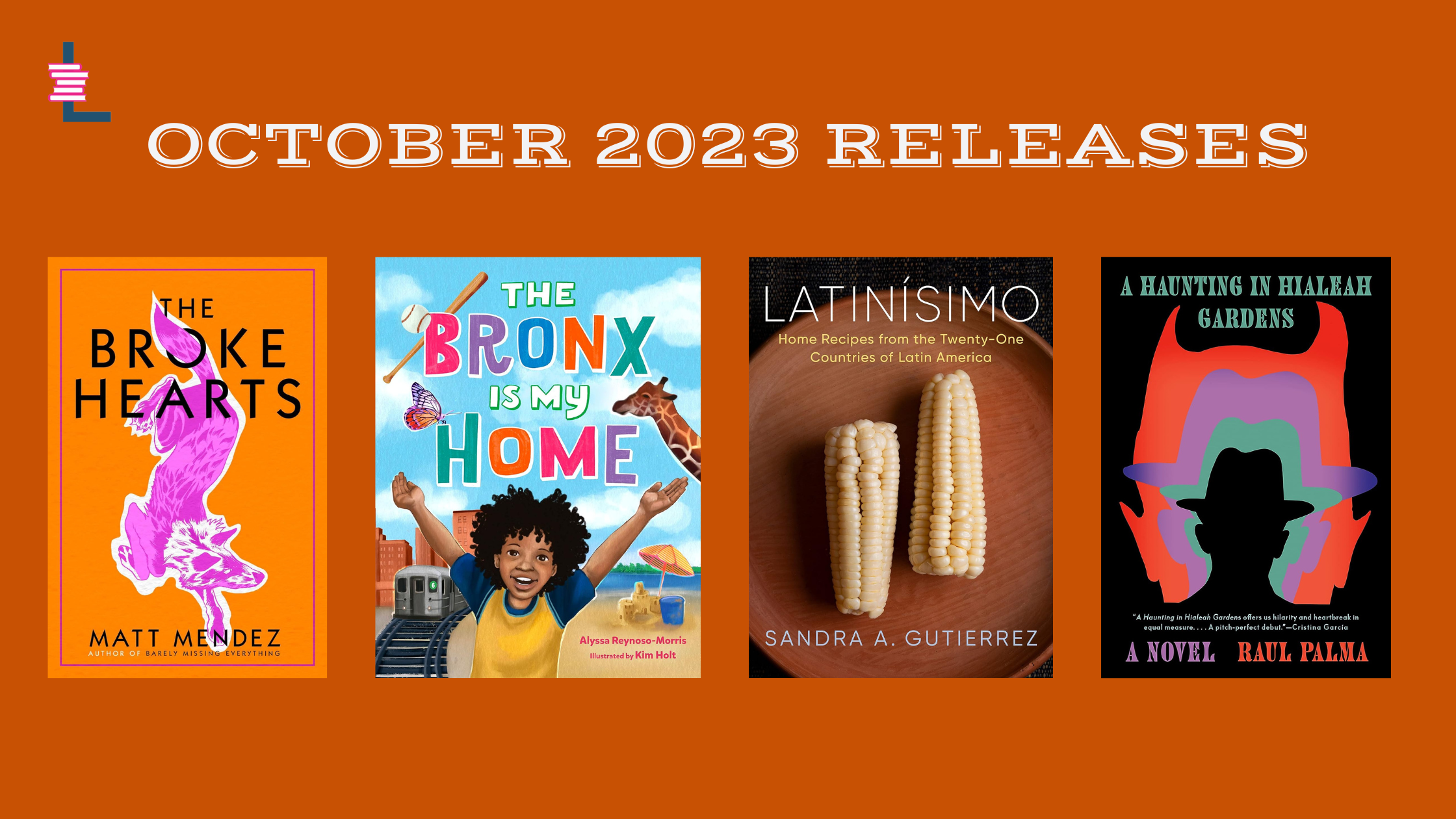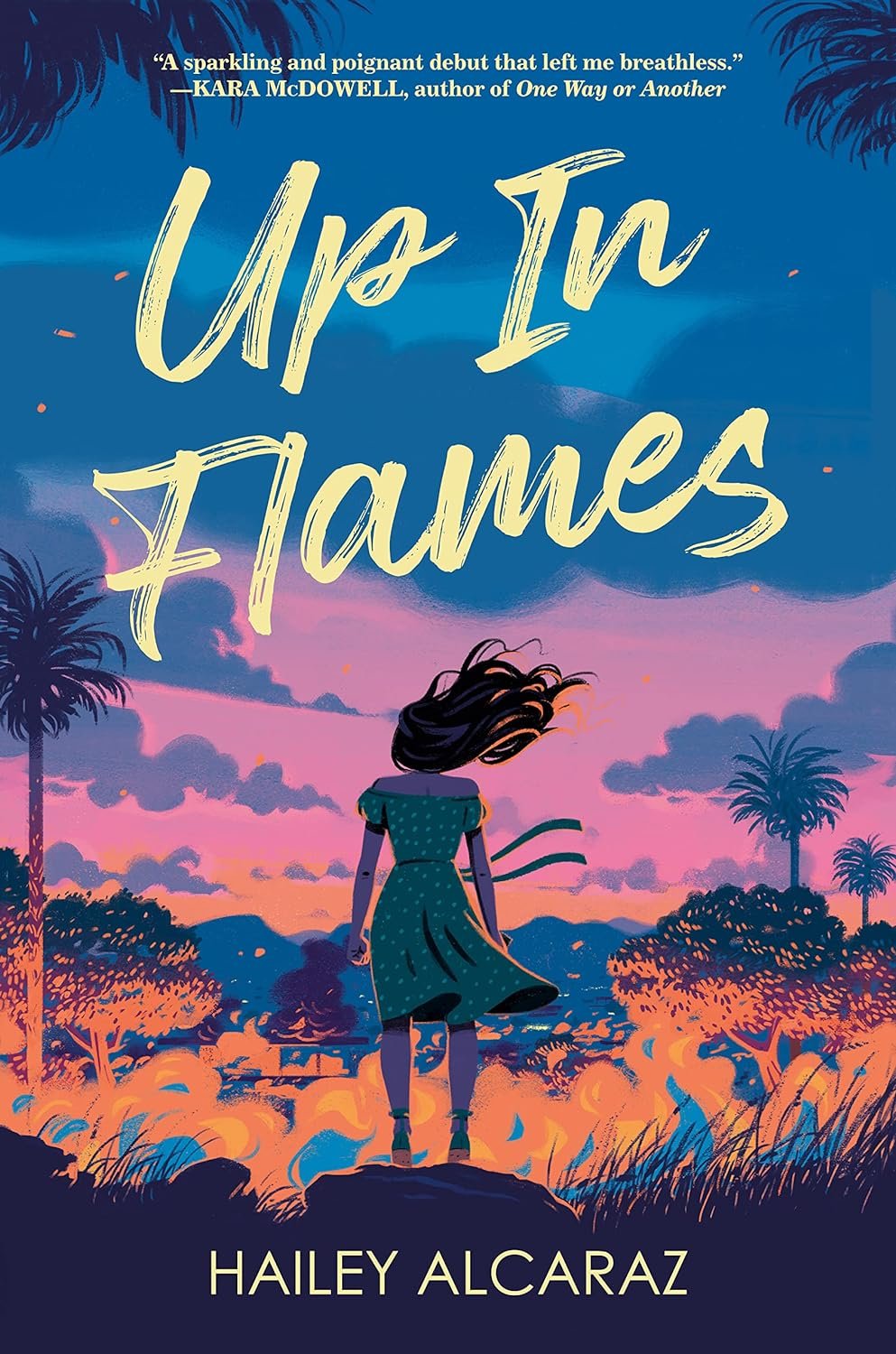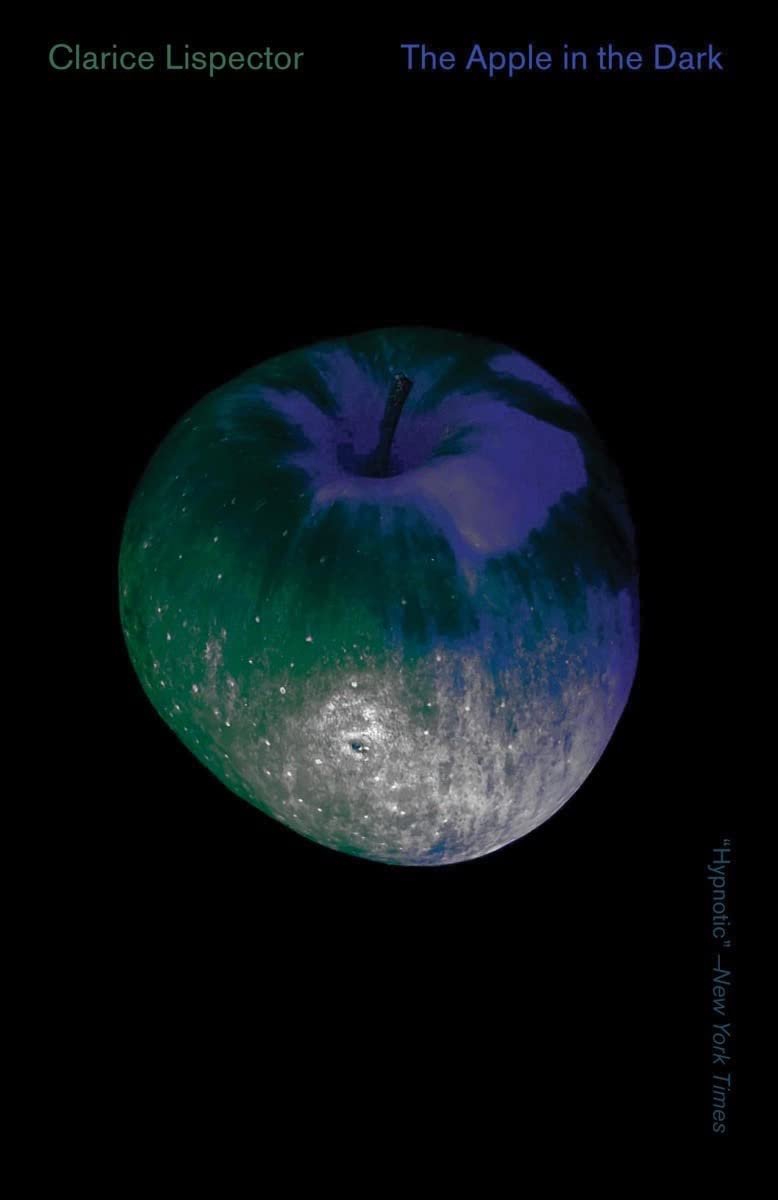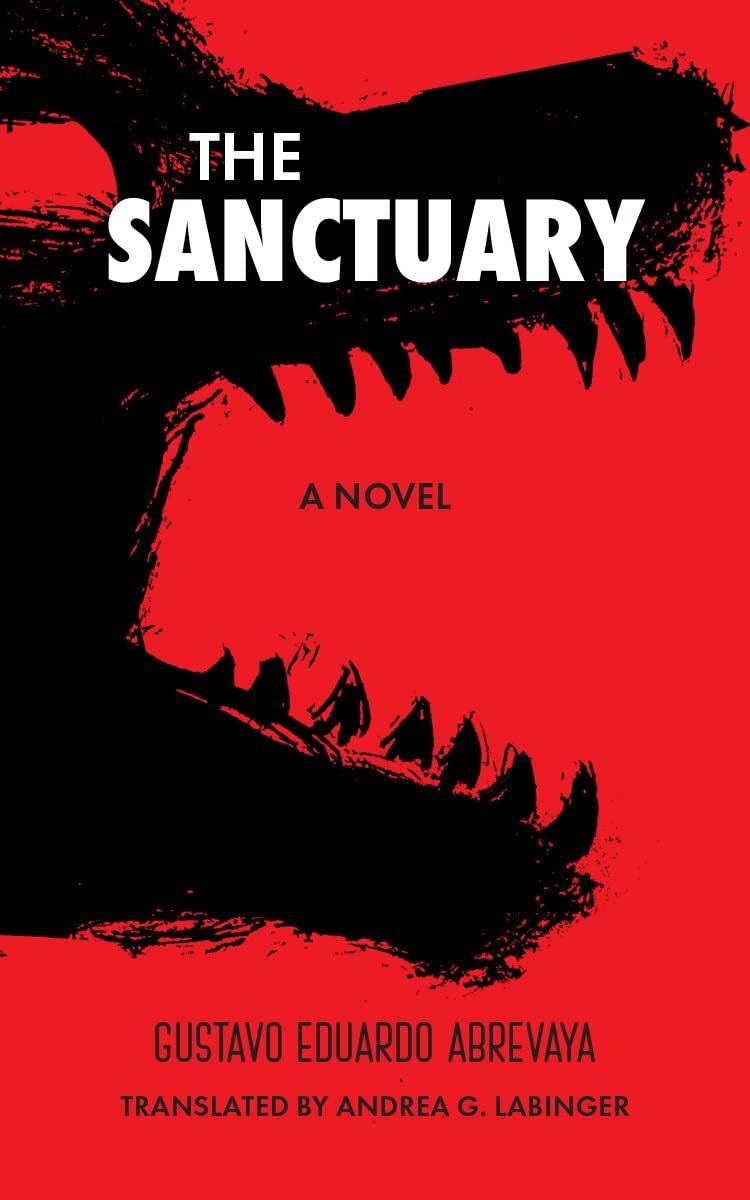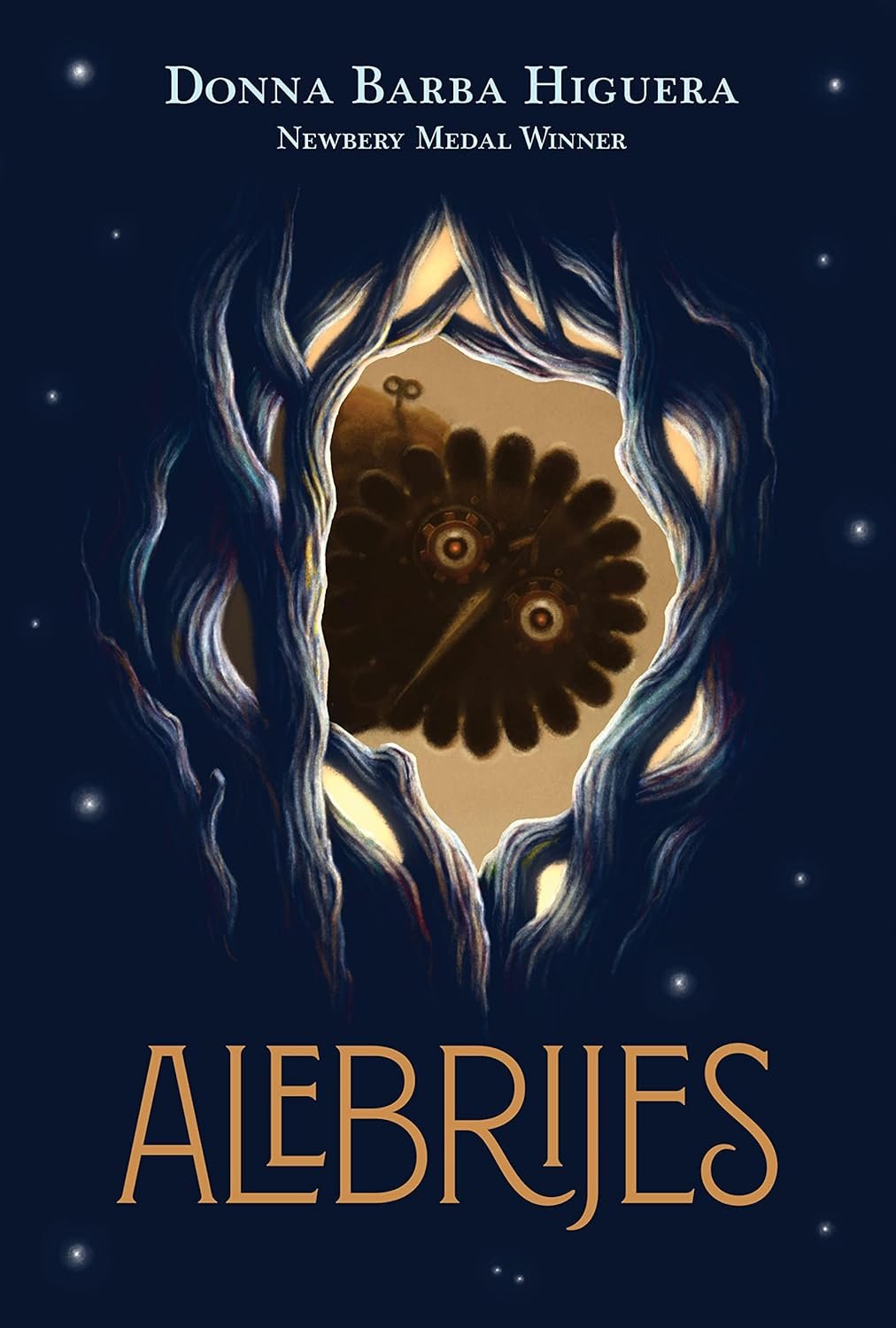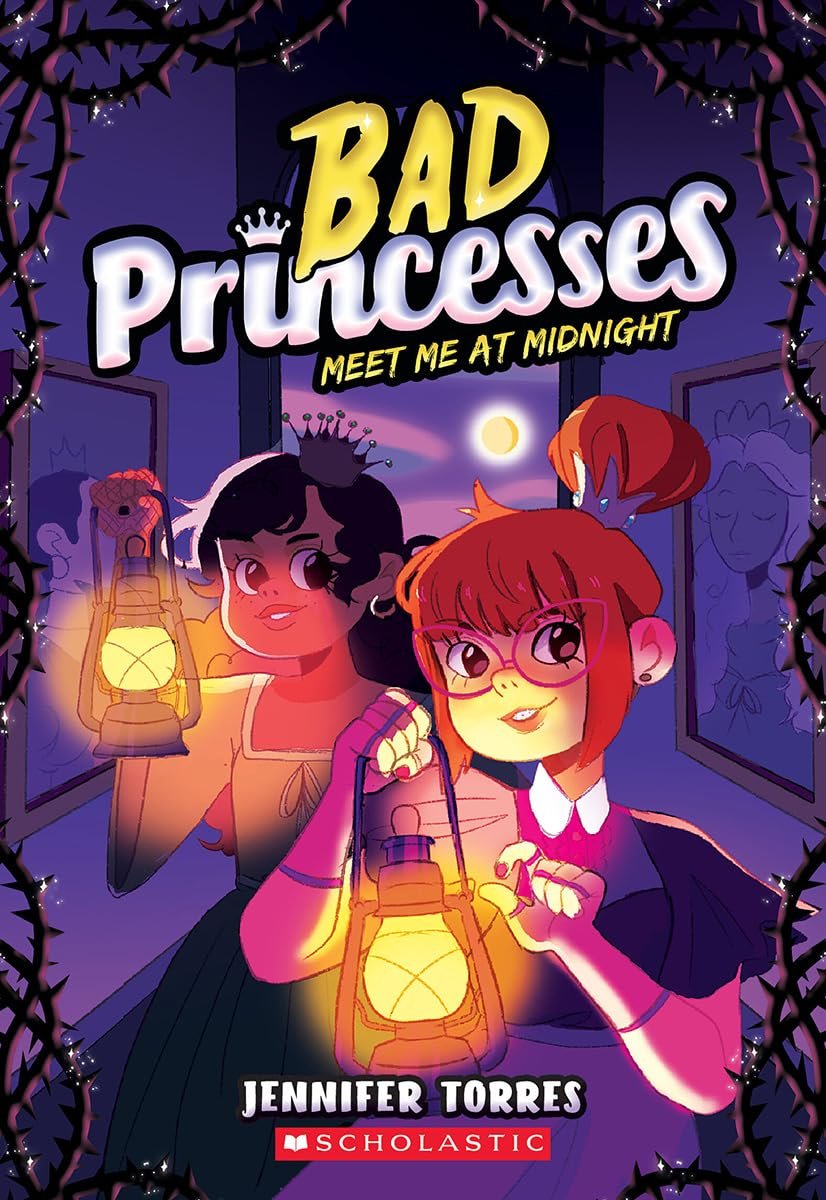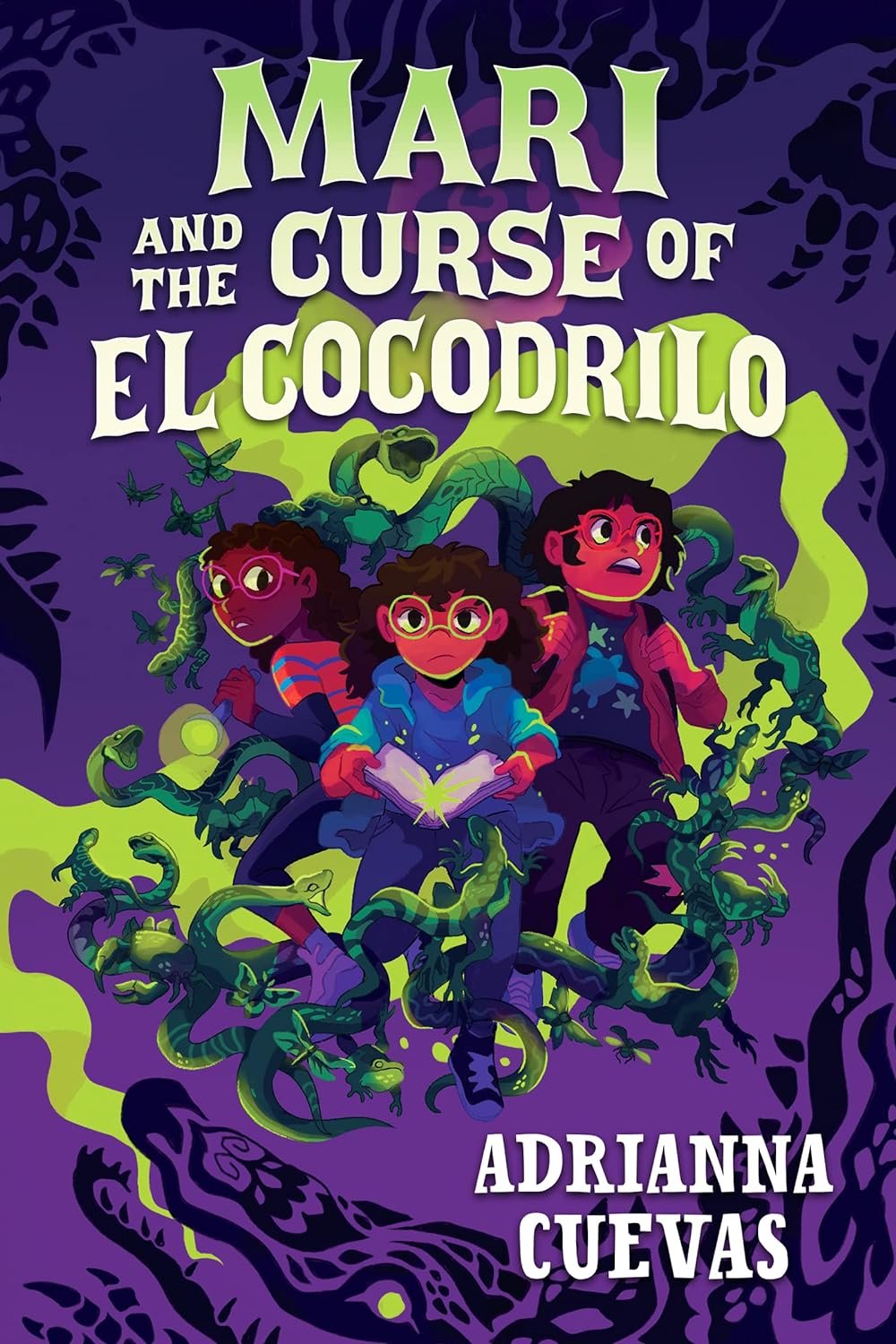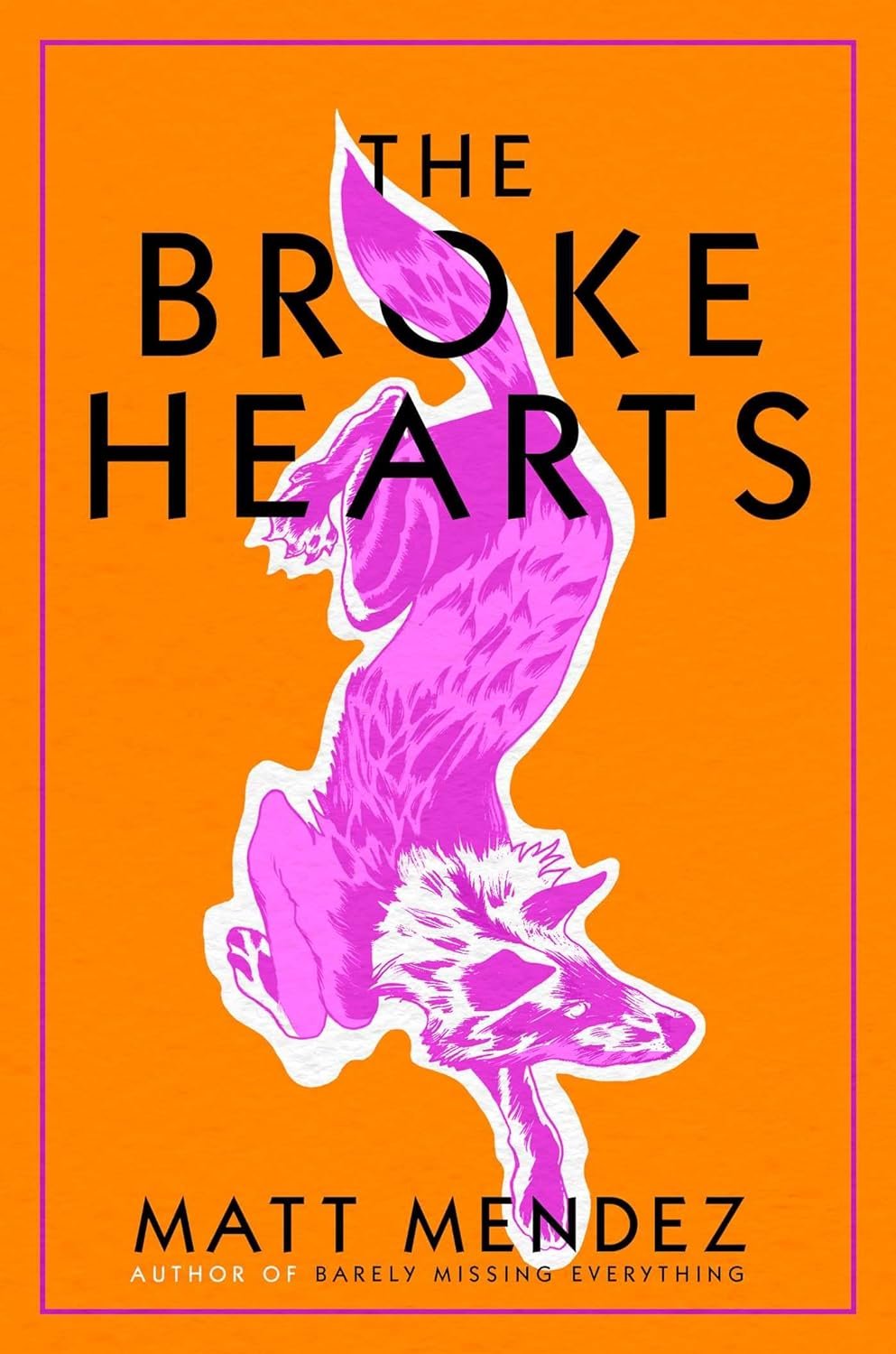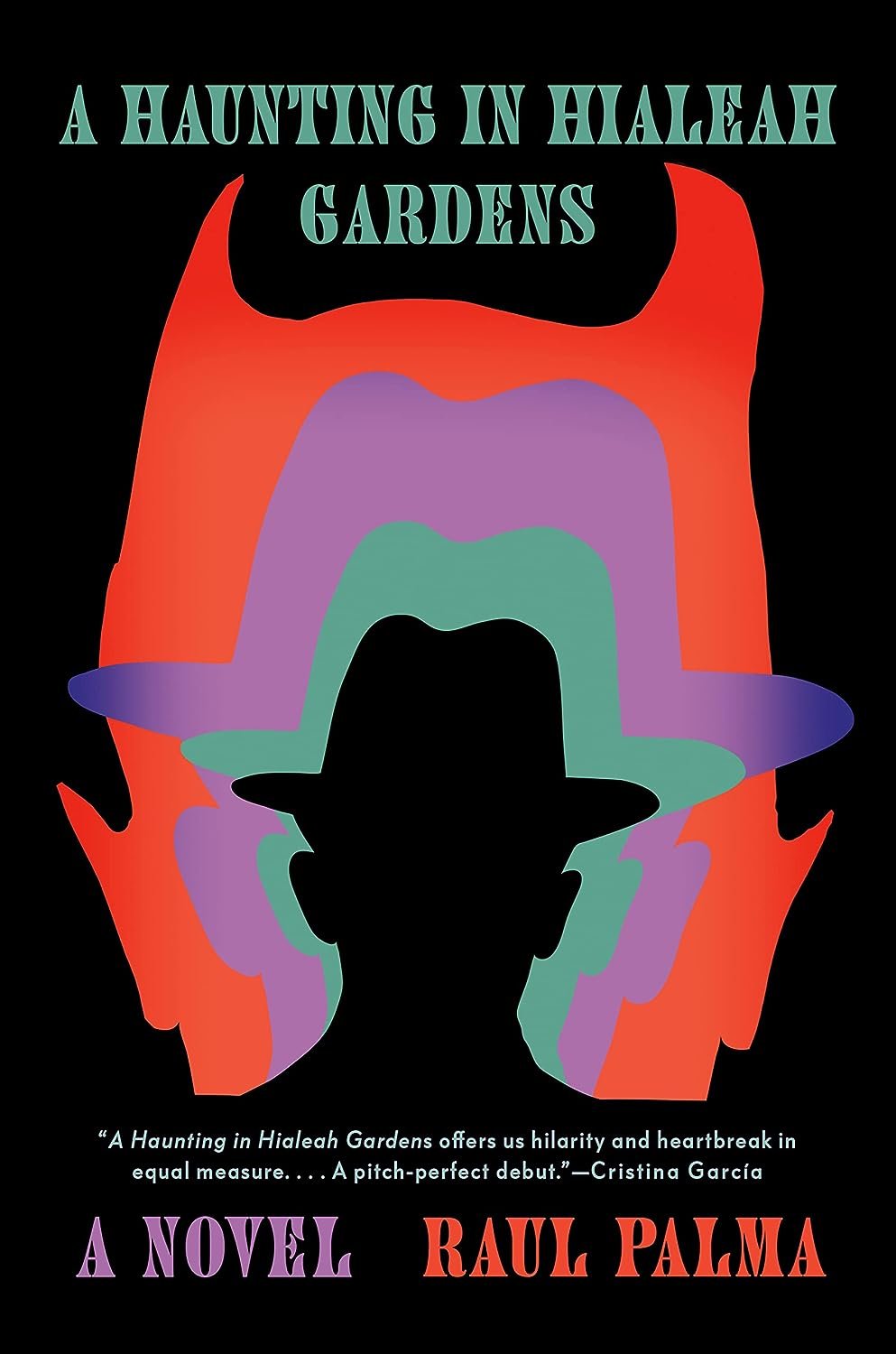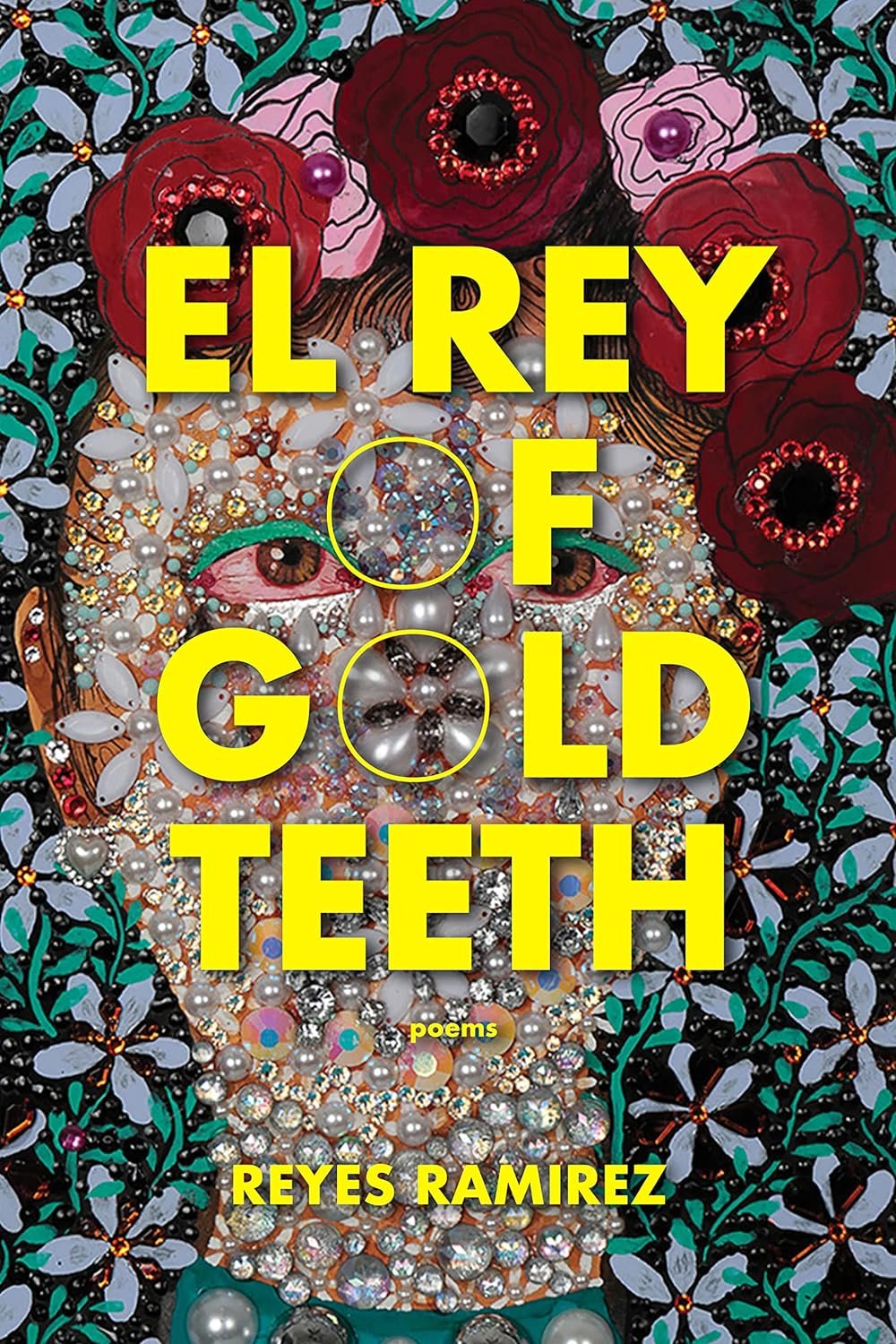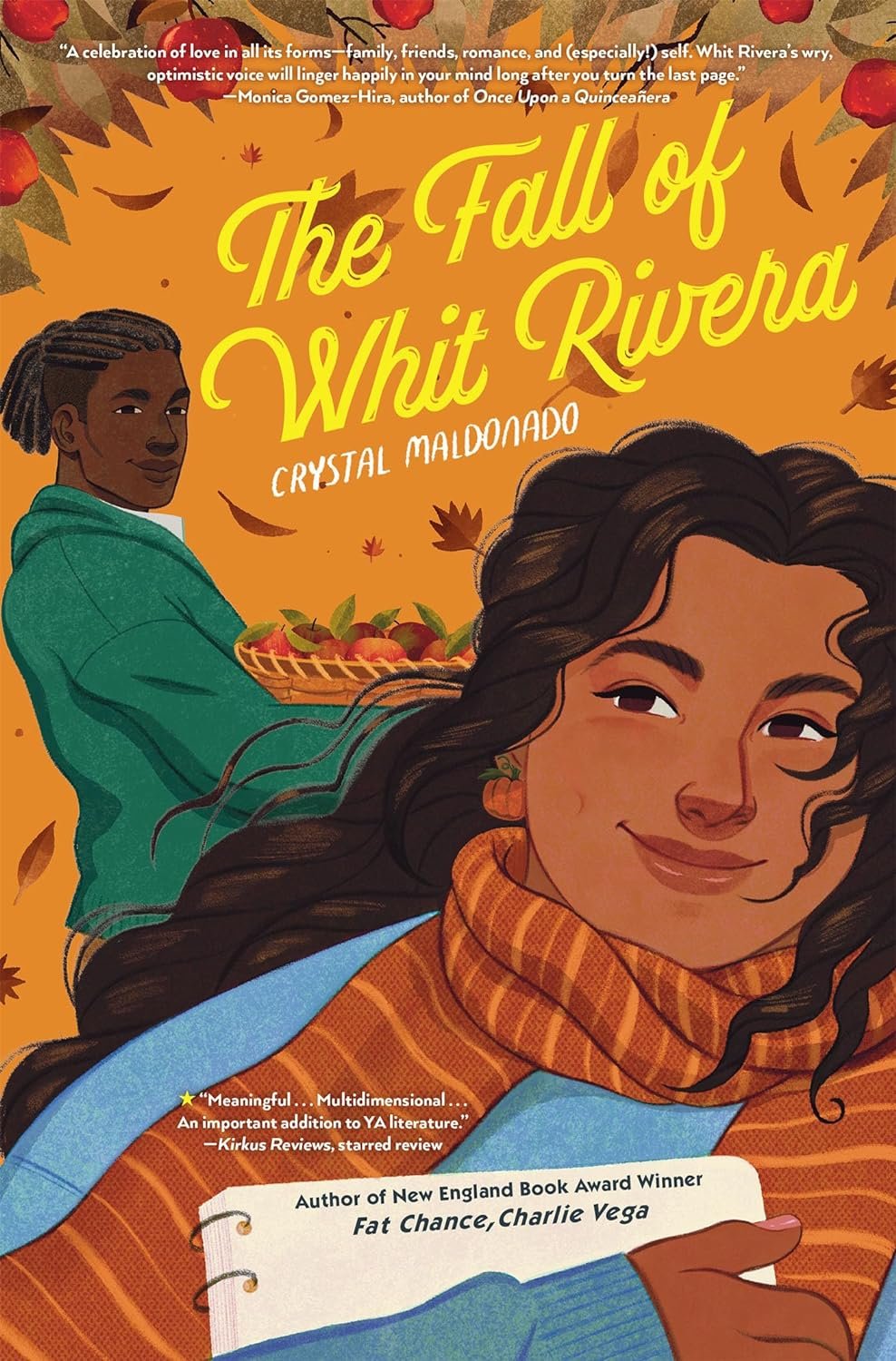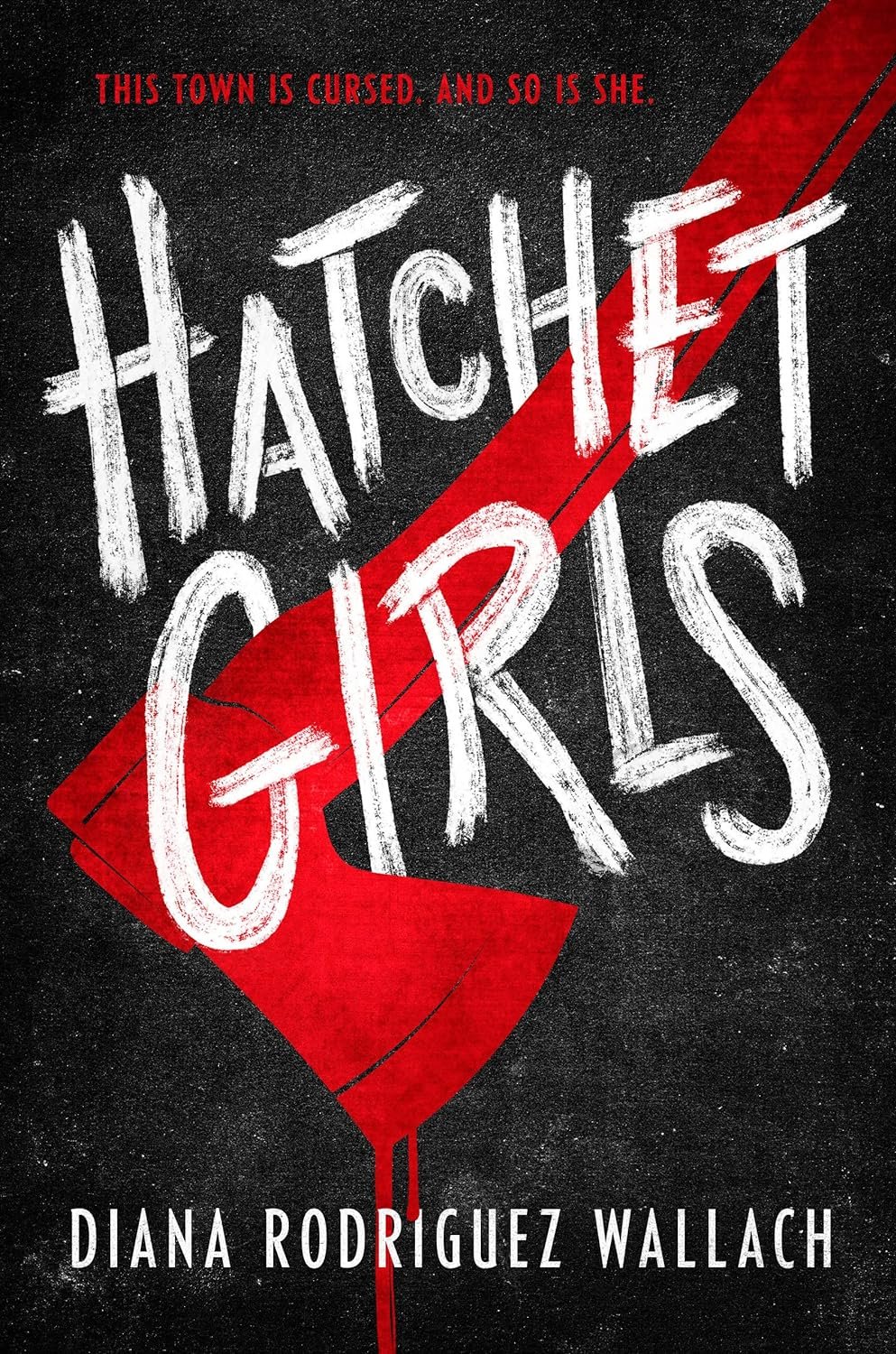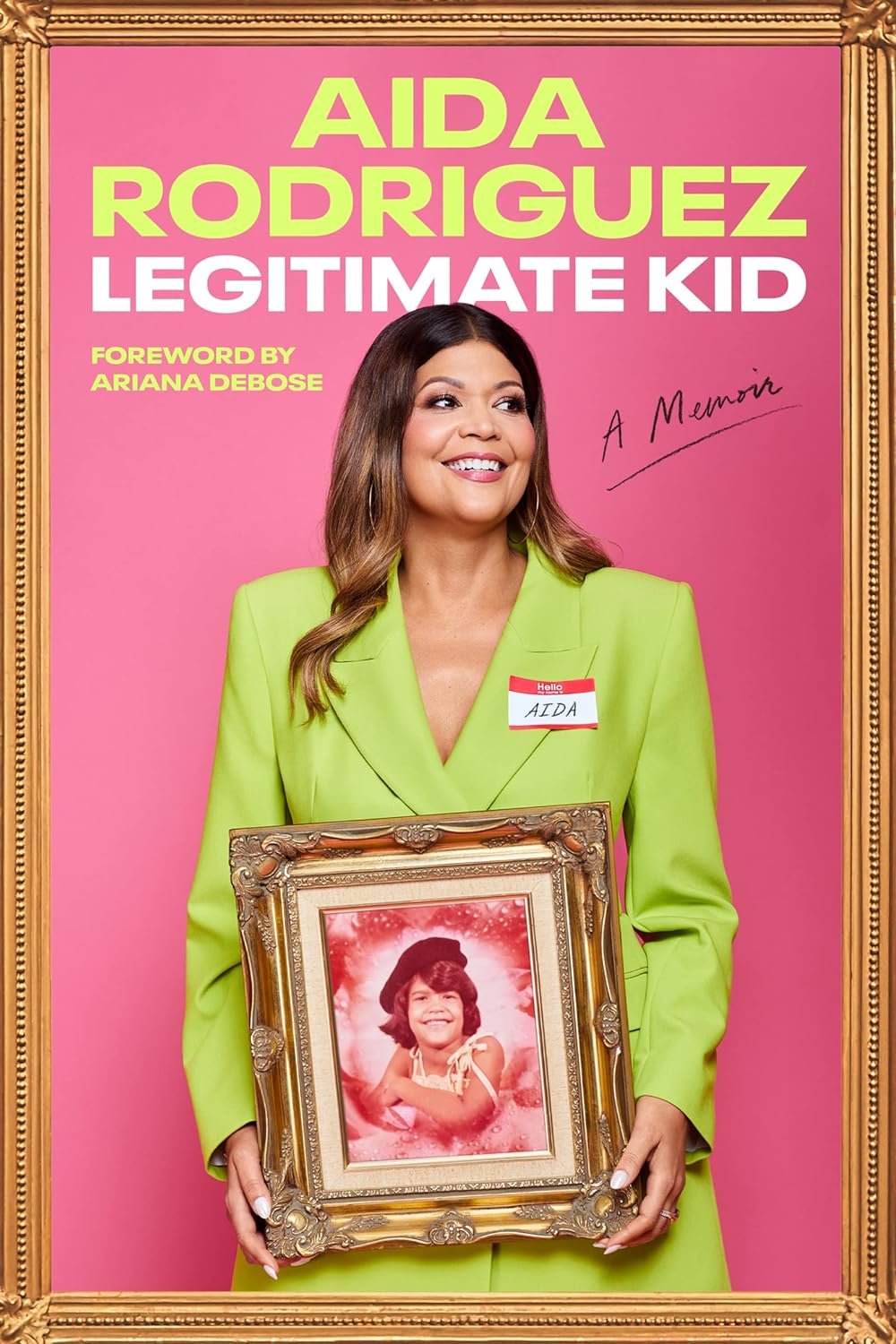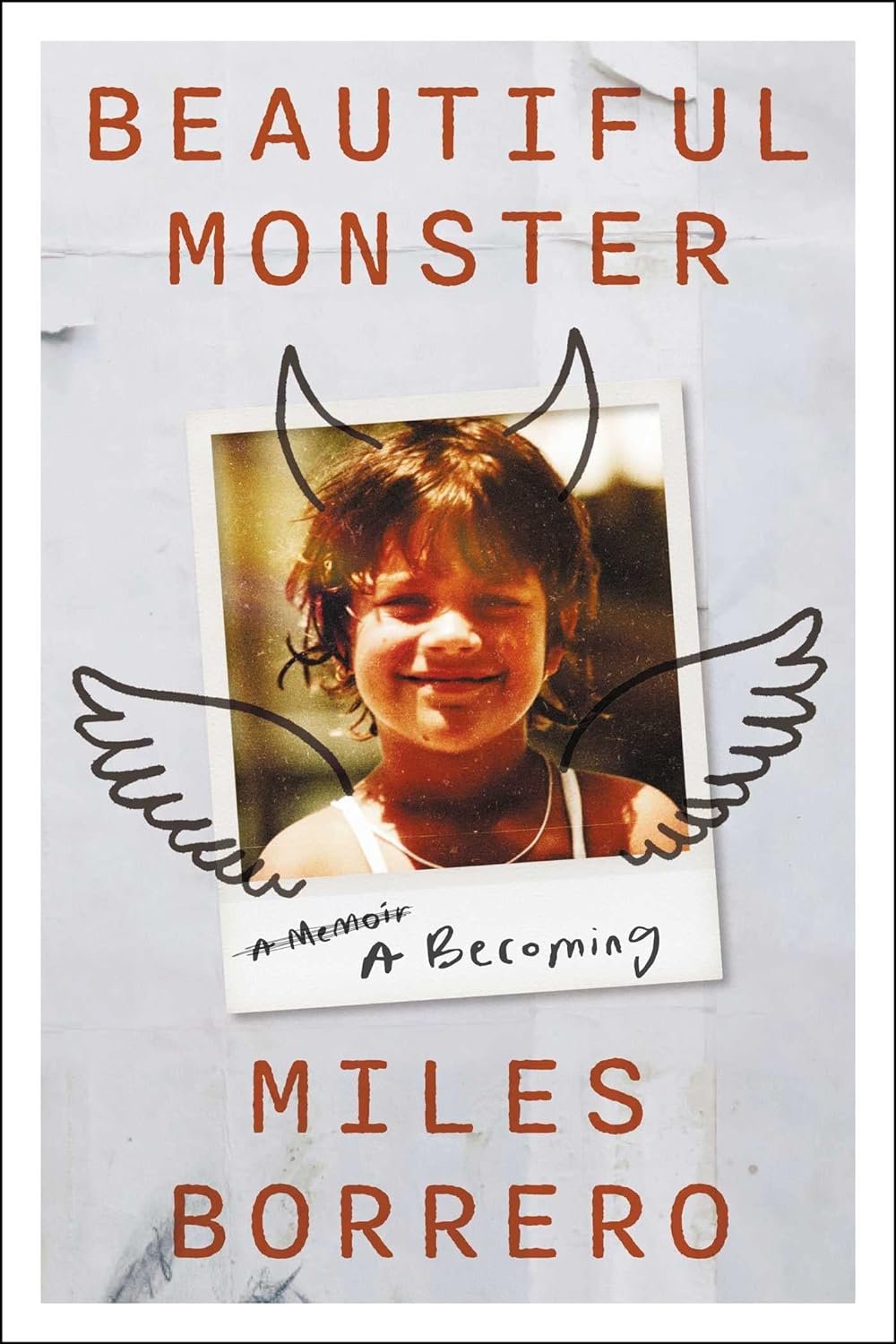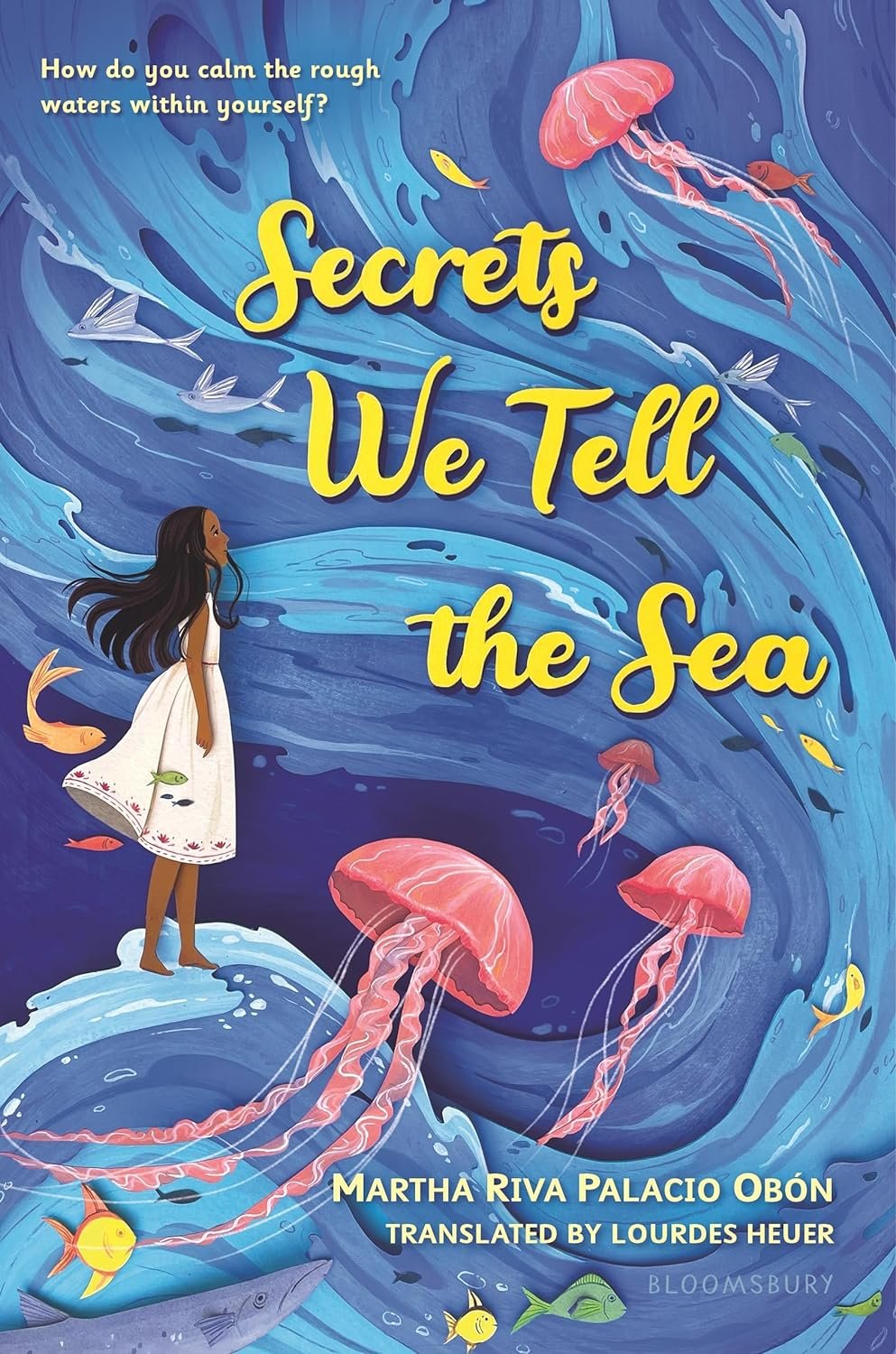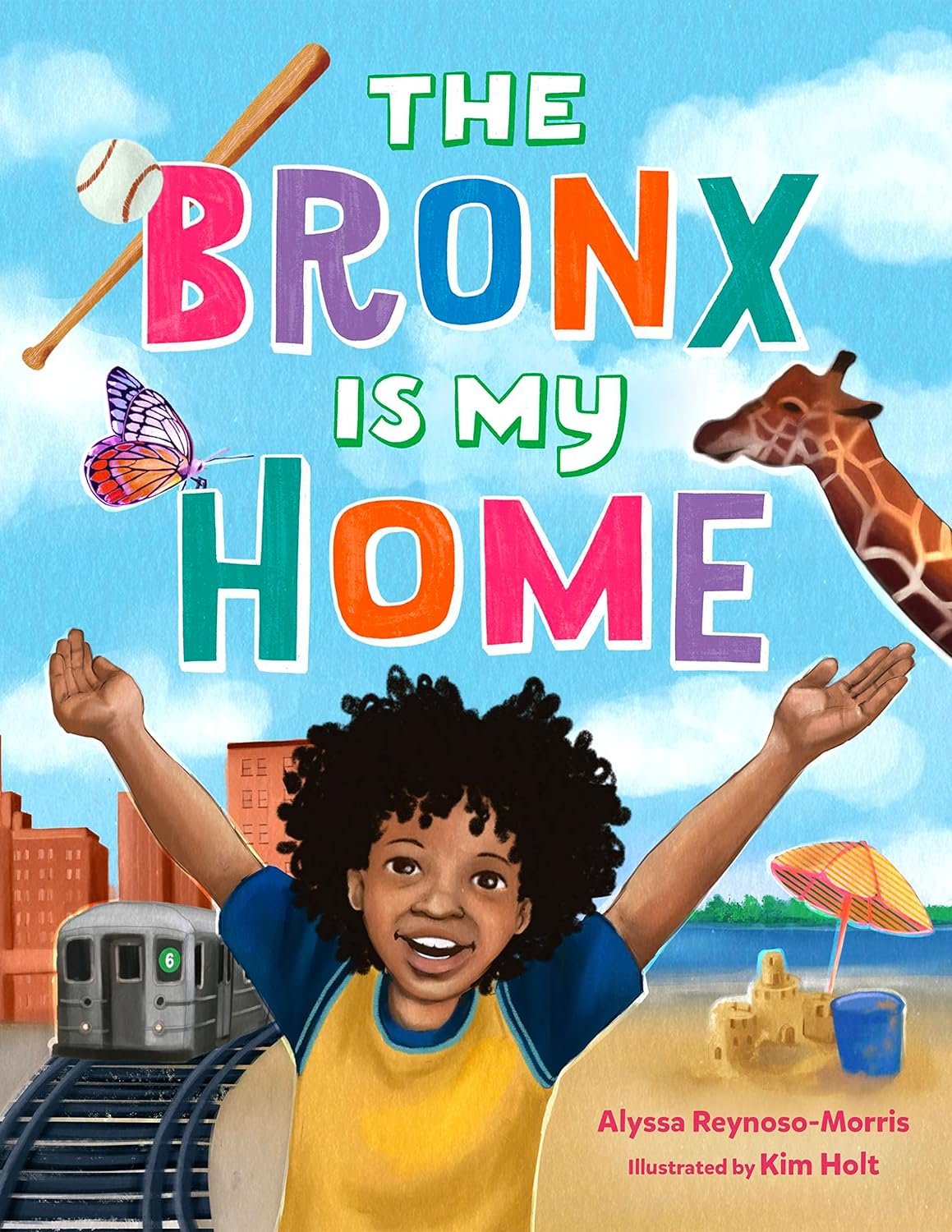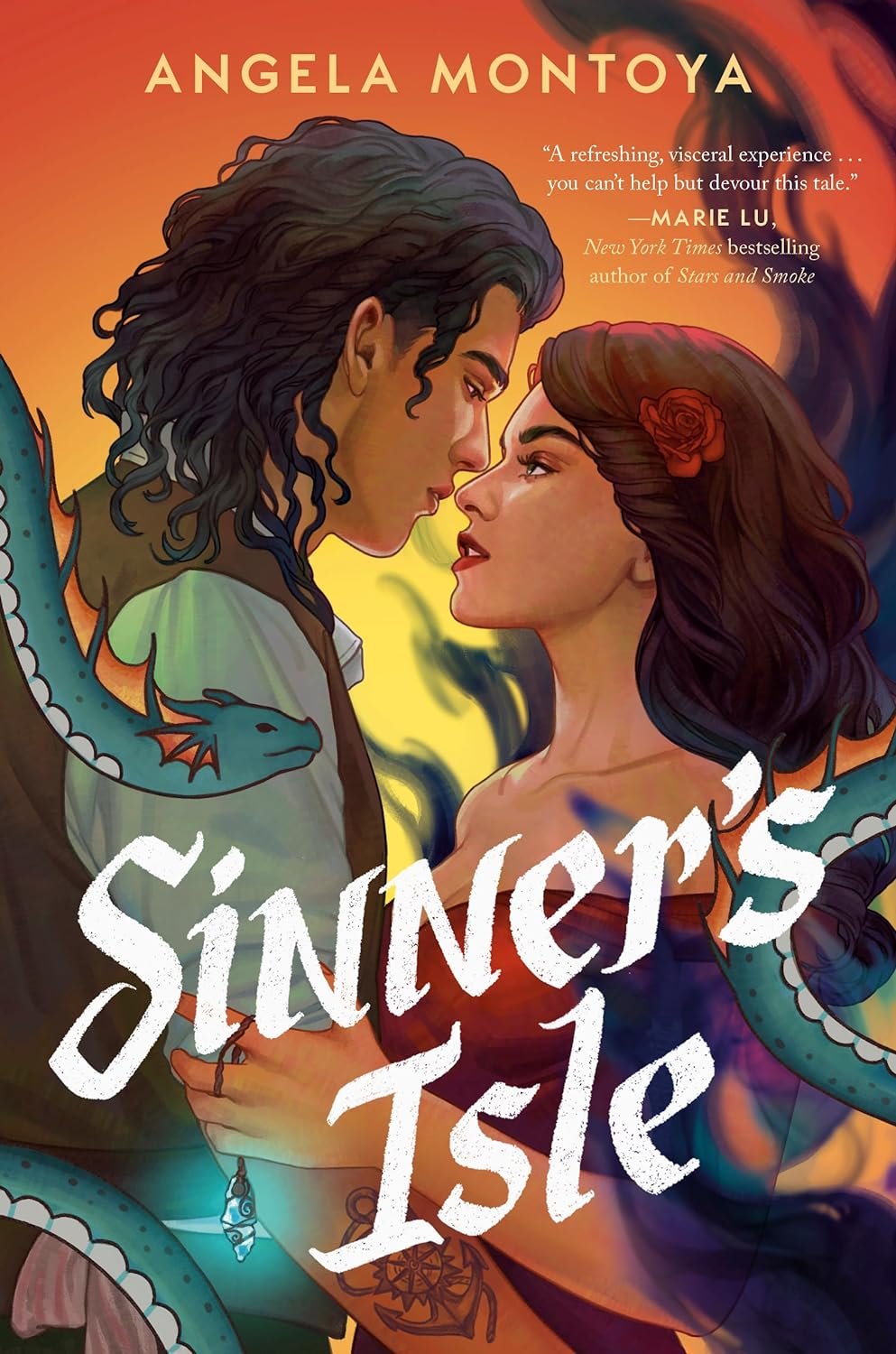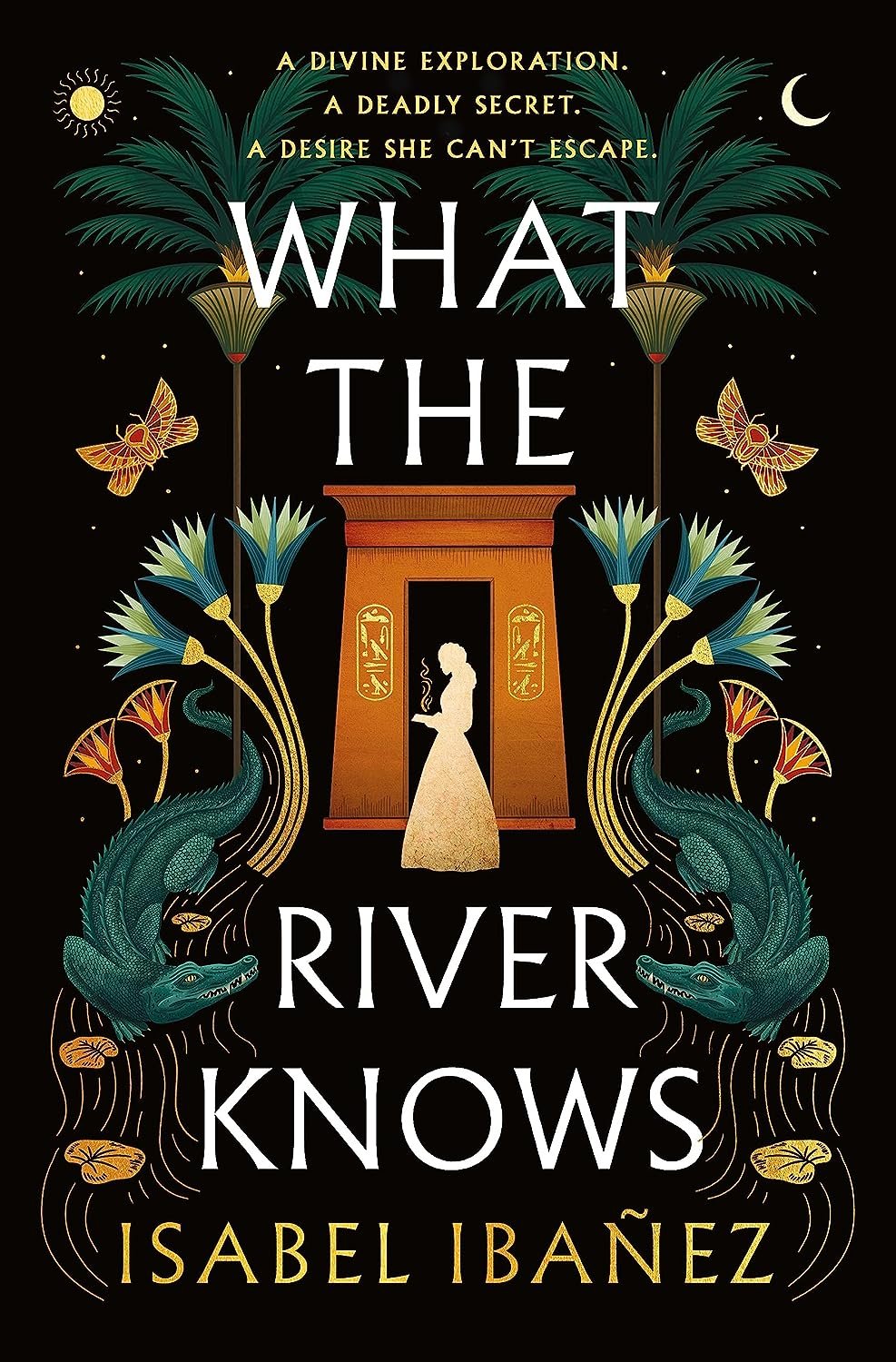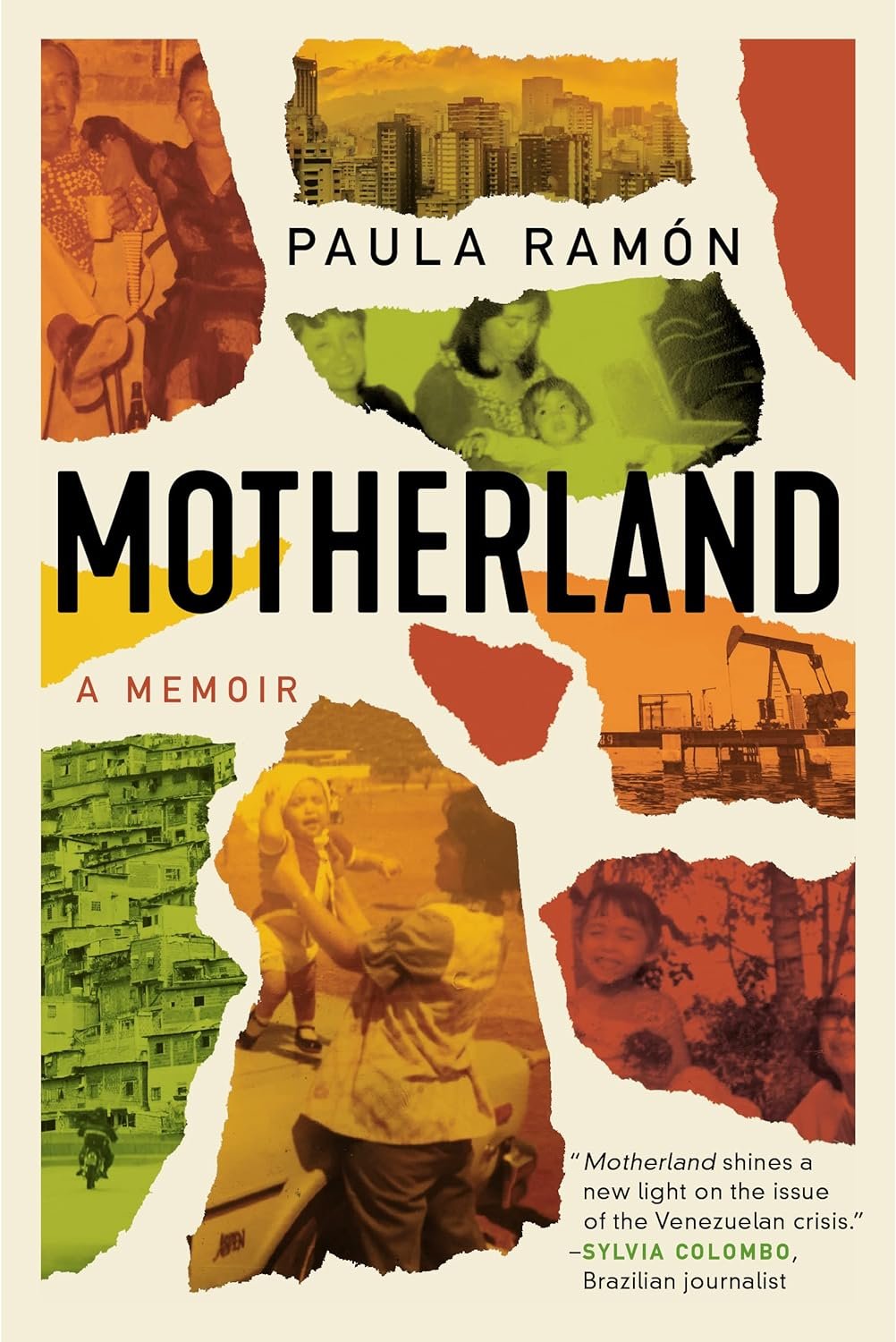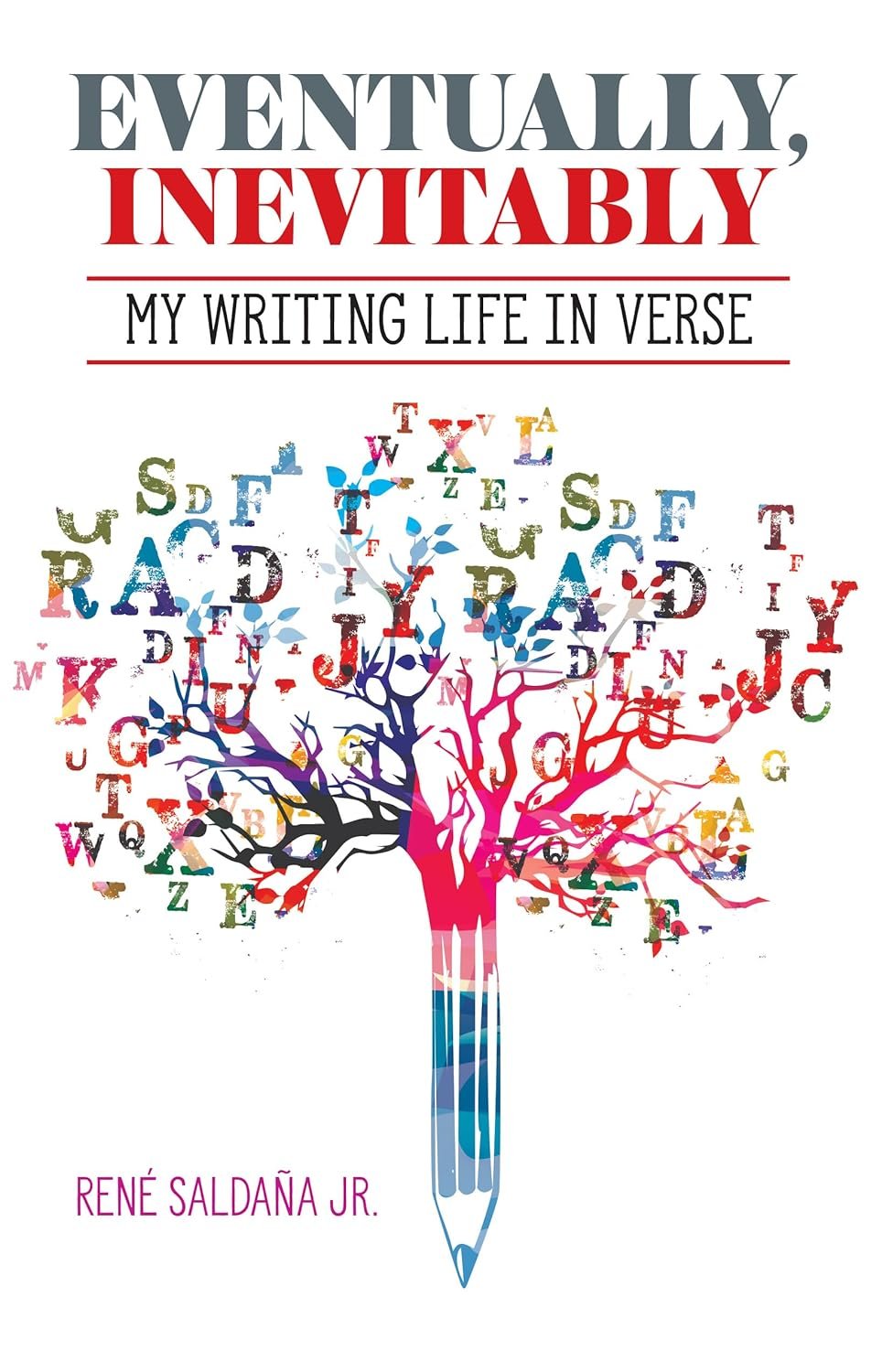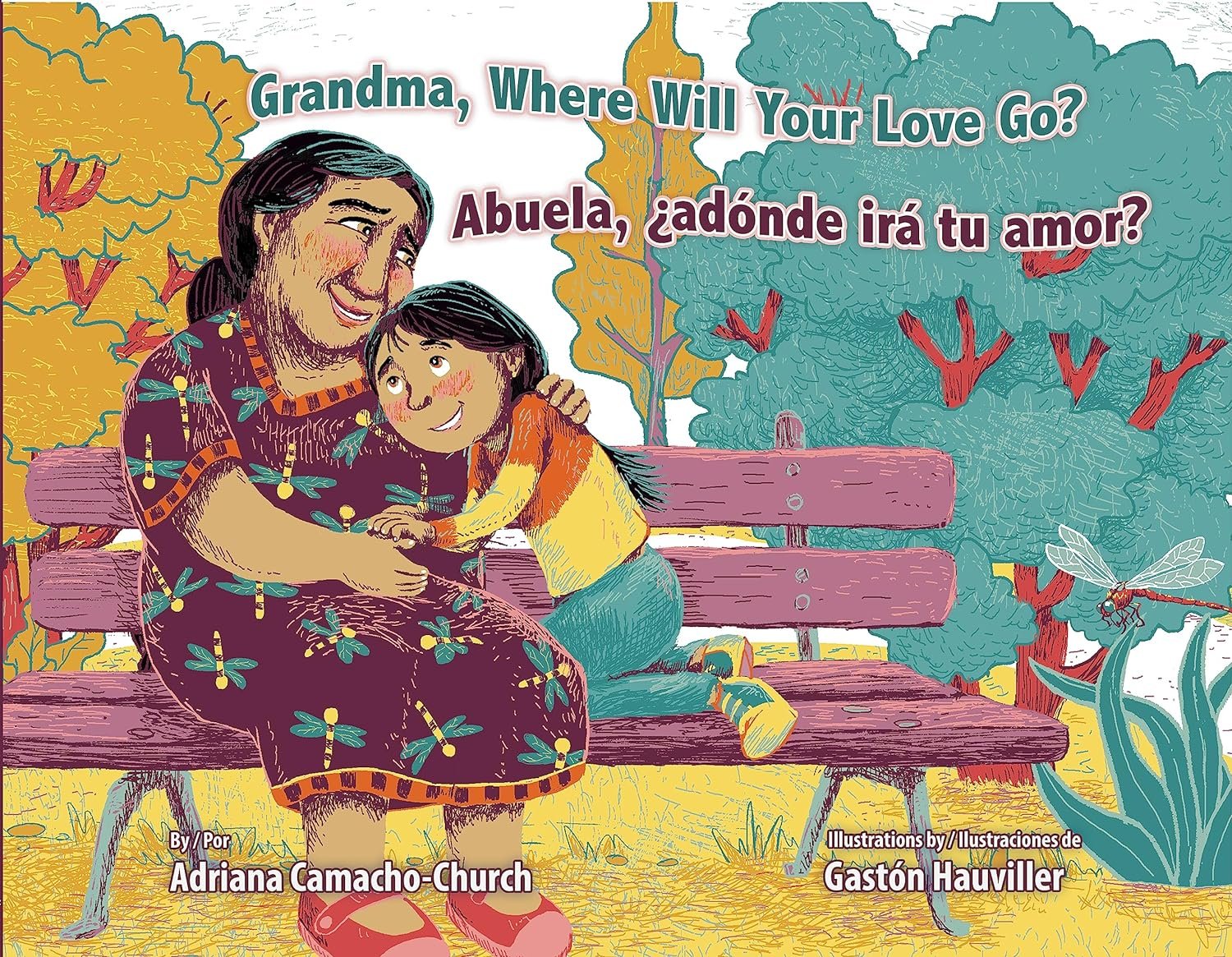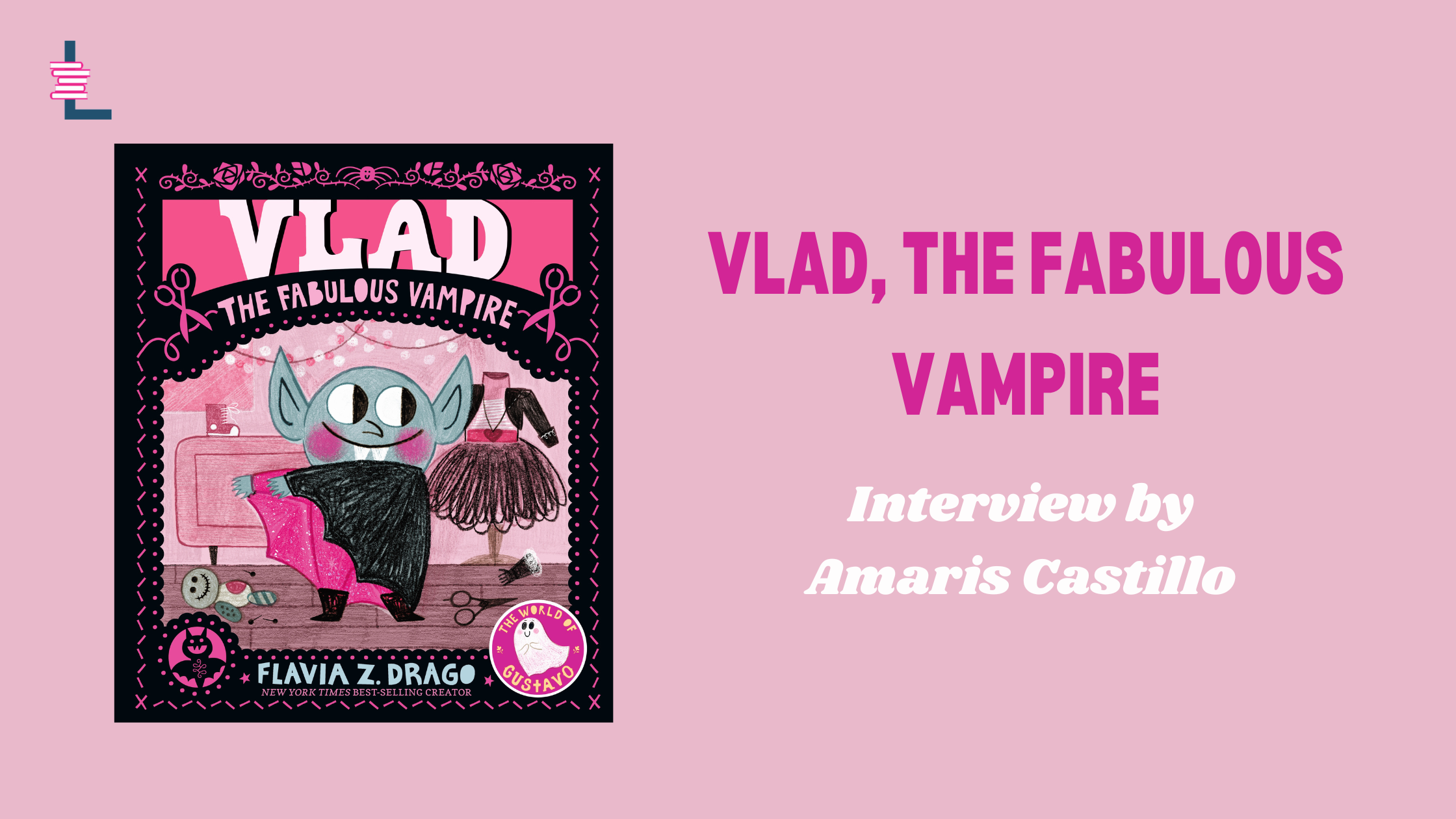AC: Rafael Fuentes and I are a lot alike; we both use writing and storytelling to deal with the world around us. I’ve always been that way since I was a kid. For Rafa, the scary stories are a coping mechanism for what is going on in his very real life with his mom, his family, friends, and his new school life. And he creates these scary stories to deal with all of that. That is very much me. I write because I’m expressing what’s inside me and what I’m going through, and because I remember being that 9-year-old Mexicana in school in Topeka, Kansas, and trying to find ways for my peers to see me as something else than this girl. But I’m also a scary storyteller. I also write. I’m a poet. . . wanting to have that identity as something special about me.
I think Rafa is very much like that. And I think a lot of kids are like that. As adults, we see children, but I don’t know if we really see children and what’s going on in their lives, and what they’re going through.
The Caretaker [character] should sound like a very positive thing; someone who is caring for you, but it’s kind of a “care-taker.” It’s kind of taking care, rather than a caregiver. I just played around with that name, and I liked it. When I was a child, I wrote a scary story about a little girl and her caretaker father in a park. He wouldn’t let her read books. And one day she finds a book. It’s a whole scary story that I now have on my website as a bonus scary story for the kids if they want to find it. But The Caretaker came from that story that I told and wrote as a child. I probably was like 10 or 11 years old—about the same age as Rafa. I fleshed it out for this book because I needed a villain, and I wanted it to be a really sinister ghost. I wanted it to be something that you would think would help children, would be nice, but really isn’t.
Without really purposely intending to do it, it’s kind of how Rafa sees his mom. Your mom is supposed to help you. I think he even states that in the book—“A mom is supposed to take care of you and protect you.” But she doesn’t in his life. Not yet, anyway. There’s hope. The Caretaker is the same way. It sounds like it should be someone who is caring for you and taking care of you. But in this case, he’s actually quite a sinister ghost that wants to hurt the children.
AC: The Cursed Moon, to me, challenges the notion that stories are harmless fun. What were you hoping to say about storytelling itself?
AC: Yes, I know that kind of opened up that whole theme. At one point, Rafa is being judged so harshly by the children around him, by the adults around him, because of his mom being sick and addicted. And I know exactly how that feels—to be judged even at such a young age, when you don’t even know yourself yet. It wasn’t like I set out to do it but, in my own little way, I wanted to remind people to let children write their own stories. Let Rafa narrate his own story. Only he can decide his ending. Only he can decide what path he’ll take. But if you’re going to judge him all the time and make him feel bad for the choices of his mom or his parents, you’re not really opening him up for a path away from that.
It was just my reminder—whether it was gentle or not, whether I failed or succeeded in that regard—that words have power. Stories have power. So many times, people made up stories about me because I was a Chicana growing up in Topeka, Kansas, and judged me for it. And you don’t have the right to tell my story. Only I have the right to tell my story. Only Rafa has the right to tell his story. And that’s the story that matters.
AC: Throughout the book Rafa has an internal struggle due to his feelings towards his mother, Nikki, who is about to be released from prison. He has resentment towards her for the unstable life she gave him and his sister, Brianna. What message were you hoping to send by highlighting this tension between a child and his parent?
AC: I was really just trying to give a voice to children in those same situations. That part of the story is very personal for me. My own family has faced similar issues, and I didn’t see books that gave a voice to those children who are living with the grandparents because somehow their parents have failed them. . . I didn’t see books that also dealt with the fact that there’s a parent that’s incarcerated, yet I’ve seen that in my own family and what it does to the children. And what it does to the whole family. Everyone struggles. Everyone is affected.
I just felt like I had to give a voice and a story for these children to have, to reflect on. Hopefully, also, children who are not in that situation [will] maybe understand their classmate a little better, maybe understand the kid down the street from them a little better, and maybe show a little bit more compassion—to not judge the child by the parents’ mistake. And hopefully give children who are in that situation a little bit of hope that I see you, I hear you, and here’s a story for you.
AC: One thing I loved about your book is how much Rafa and his sister, Brianna, love each other. Rafa feels he needs to protect her at all times. Can you talk about your decision to anchor your book in this close bond?
AC: That was very purposeful. Going back to my own, similar family issue, I’ve seen the older kids want to become the parent and take on super big responsibilities. They have now taken on the role to protect and raise their younger siblings. No choice of theirs. It’s just the situation they’ve been handed. I wanted that to be reflected, and I wanted to make sure I also showed some growth in Rafa and Brianna’s relationship. Without giving too much away, to show that Brianna can now see his point of view, where he’s coming from: that need to always protect. He shouldn’t have to take all that on himself. And him to say, “I want to be a kid again, and I want to have my mom back in my life, eventually”—when he feels it’s right for him and Brianna, so that he can be the kid and just enjoy life.
I myself grew up with very close siblings. My parents divorced when I was nine years old, and that made my four siblings and I very close. We felt like we had each other to fall back on, to protect each other when our parents were going through a rough divorce. . . I really used my own experiences with my big brothers for Rafa and my experience with Brianna —always loving words, always loving stories, always admiring everything her big brother did. That is my lived experience as well.
AC: What are you hoping readers take away from The Cursed Moon?
AC: One, I always hope my novels will just spark interest in reading in all children. I just want them to be lifelong readers. I want them to know that they can go to books for information. They can go to books for an escape. They can go to books for friends. They can go to books when they need to be alone with themselves and figure things out. I hope they walk away from this book wanting to read more books, and understanding that books can be their friends.
Secondly, I just hope that they go away with a little bit more compassion for their classmate or the kid down the street who might be going through a tough time. Everyone is going through their own personal struggles, and just have a little compassion.

